Psychology is rooted in science that seeks to understand our thoughts, feelings and actions. It is also a broad field – some psychology professionals develop and test theories through basic research; while others work to help individuals, organizations, and communities better function; still others are both researchers and practitioners.
Profiles
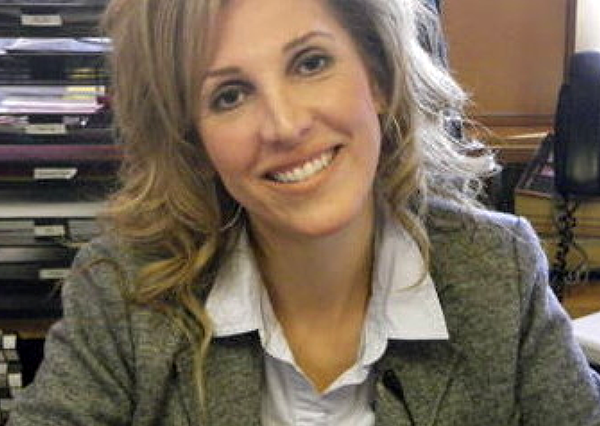 Joanna Pozzulo
Joanna PozzuloDr. Joanna Pozzulo and the Carleton University Psychology Department launched a virtual space for researchers, students, and other stakeholders called MeWeRTH (The Mental Health and Well-being Research and Training Hub). It’s a means of connecting the university with community organizations and anyone else who might be a consumer of mental health and well-being research.
Joanna Pozzulo
“You’re going to come out of this pandemic either a contestant on the Great Canadian Baking Show, or a really good murderer.”
“Hmmm. Yes, I hope it leans more toward the baking…but you never know?”
Dr. Joanna Pozzulo spends a lot of her spare time during the pandemic learning new recipes, and reading murder mysteries. Dr. Pozzulo is the world’s foremost expert in the psychology behind children’s eyewitness identification. She has spent more than two decades working in Criminal Justice psychology, and so she doesn’t read a murder mystery the way the rest of us do. She notices what is plausible, and what is implausible, and the many mistakes the killer inevitably makes. “I wouldn’t do it that way”, she thinks…getting one step closer to becoming really good at murder.
As the Chair of the Department of Psychology at Carleton University, Dr. Pozzulo has been doing a lot more during the pandemic than baking stacks of cookies and devouring stacks of mystery novels. She and her department have launched a virtual space for researchers, students, and other stakeholders called MeWerth (The Mental Health and Well-being Research and Training Hub). It’s a means of connecting the university with community organizations and anyone else who might be a consumer of mental health and well-being research.
“It’s a varied group, all focused on conducting research that is of high quality around topics of mental health and well-being. Ultimately, being able to disseminate evidence-based research to the public to improve daily lives.”
MeWerth was planned before the pandemic began, which meant that the virtual platform was a little bit ahead of the curve. Dr. Pozzulo says that COVID had little impact on the creation of MeWerth, but it did make the team rethink how they were going to bring people together.
“Even though it is a virtual space, the traditional idea is that you have a launch, and you invite people to a place and you have, almost a party. We were initially going to launch it in September, but we were in the middle of COVID, so we moved the launch to December and made it virtual. It worked out really well, because we were able to reach a far larger audience without concern for borders or public health risks. We had people attend from all over the world. It was great to get so many people involved when traditionally that would not have been possible. We had one person tune in from Turkey – you can imagine the travel from Turkey to Ottawa, I’m thinking it probably wouldn’t have happened otherwise.”
MeWerth is a multi-disciplinary space with a broad range of topics. Some are COVID-related, most are not. Dr. Rachel Burns is a member working on studies related to diabetes (how and when do spouses influence the health and wellbeing of people with diabetes?). Dr. Johanna Peetz is researching financial factors in well-being. Dr. Michael Wohl is looking at several facets of addiction, notably gambling addiction, including a study on casino loyalty programs.
Every Wednesday is #WellnessWednesday at MeWerth. On the website there is a ‘Wellness Corner’ where this week Dr. Robert Coplan’s research explores the novel concept of “aloneliness”, conceptualized as the negative feelings that arise from the perception that one is not spending enough time alone. A concept that very much applies during the current pandemic. This is just one of many facets of MeWerth, a platform Dr. Pozzulo already considers to be a success.
“We had 800 people register to attend the launch, a number that’s unheard of in an academic environment - to have so many people from so many different backgrounds be interested in something. I was really pleased, and it signalled to me that we were filling a need, and maybe we had underestimated how much that need was there. I’m seeing lots of interest in MeWeRTH – and its continued interest. I’m thrilled about that and I hope we can continue to grow MeWeRTH both locally and globally.”
For Dr. Pozzulo and her team to grow MeWerth, more researchers, students, community groups, organizations and other stakeholders will need to discover the web platform and sign up (https://carleton.ca/mental-health/). So, if you are one of those individuals interested in mental health and well-being, you probably should sign up. Or else…
Or else Dr. Pozzulo might not share any of her fresh-baked chocolate and candied-pecan éclairs with you.
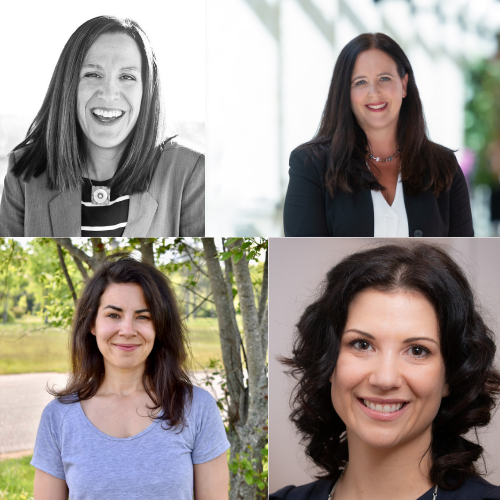 Some of the psychologists doing interesting things during the pandemic
Some of the psychologists doing interesting things during the pandemic
Meet some of the psychologists who have been profiled in this Psychology Month. We speak with Dr. Adrienne Leslie-Toogood, Dr. Christine Chambers, Courtney Gosselin and Dr. Mélanie Joanisse about their work during the pandemic.
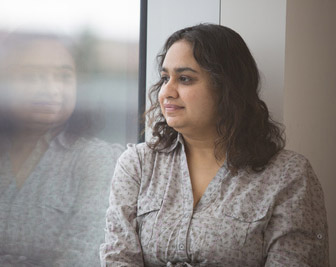 Vina Goghari
Vina GoghariDr. Vina Goghari is the Editor of the Canadian Psychology journal. The amount of pandemic-related research and article submissions has been overwhelming in the past few months. The upcoming COVID special edition of the journal will present papers that cover a very broad range of topics related to the pandemic.
Vina Goghari
Dr. Vina Goghari had big plans for 2020. There were going to be conferences that would synergize with her vacations – including one in Banff where she was planning to rent a cottage and hang out with some of her friends. A couple of talks in Vienna were going to allow her to explore the nearby areas and experience Austria for the first time. Instead her breaks disappeared, her workload increased threefold, and she ended up stuck at home with a kidney stone for five months. 2020, right?
Dr. Goghari is a professor at the University of Toronto where she is the Graduate Chair of the Clinical Psychology program. What interests us here at the moment is Dr. Goghari’s position as the editor of Canadian Psychology/Psychologie canadienne, the flagship journal of the Canadian Psychological Association. The bulk of a journal editor’s work is remote already, so very little has changed in that respect, but the pandemic has created a bit of a slowdown in the review process.
“The ability of academics to spend their time on peer review has been impacted. I find they’ve still been gracious, and people are still volunteering to review these papers, but sometimes we find that people need more leeway in terms of time to actually get us the review back. We’ve been lucky that both the authors and the reviewers are having a little bit more patience with each other, and the editor, and the associate editors. It allows us to make sure this process is still equitable and fair and we still get enough reviews.”
Another thing that has, predictably, changed is the number of submissions Canadian Psychology is receiving concerning COVID itself. So many, that they have prepared a special issue just for the pandemic. Dr. Goghari says the volume of articles has been overwhelming.
“We did a call for COVID papers in May dealing with psychological perspectives on the pandemic – we feel a psychological, as well as a Canadian/International, lens is very important to helping people deal with the pandemic in terms of work and life balance and mental health. The Special Issue will be coming out in the next few weeks. We saw a record number of papers for that call. This was especially so (true) for the two of us who are the English-speaking editors ̶ we were fielding a tremendous number of papers! It was positive in the sense that the psychological perspective on the pandemic is resonating with people, but also really increased our workload, as we always want to ensure we do a professional job with all submissions. Luckily we were able to get through all of them, and I really think we have a fantastic special issue
Canadian Psychology is a generalist journal, which allowed Dr. Goghari and her team to design the COVID special issue with intention. They wanted the articles to cover a wide range of topics related to Canadians, and to reflect different parts of our society and our population. There are articles about work, sleep, mental health, adults, children, training, and much more. There are also two articles in French, and Dr. Goghari hopes that there is something for everybody in this journal issue.
Not only have they seen an increase in COVID papers, but papers regarding race-related issues that have become increasingly front and centre over the past year. More papers addressing topics such as mental health and racial disparities have been submitted. Dr. Goghari says she wishes this has also been the case for journal in the past given the importance of these societal issues, but is heartened to see that this is more of a focus now.
“One of the things COVID highlighted was that the pandemic doesn’t affect everyone equally. There are certain groups that are more affected by the pandemic like the elderly, we know that there were racial disparities in both outcome and incidence of the virus. And so the two things came together – the societal tensions on race, but also highlighted and made worse by the COVID pandemic interacting with these factors.”
Dr. Goghari says that she is encouraged by the rise in awareness created by the new focus on inequities and dismantling the systemic causes of racism. She is also encouraged by the number of papers she and her team are receiving surrounding COVID and expects that the studies launched later in the pandemic that focus on longer term impact, challenges, opportunities, and resilience, will produce some new, useful, and fascinating results. Dr. Goghari is above all an optimist. Even when it comes to missing out on some great trips, and a kidney stone!
“I find I don’t really miss the things like travel – they were just perks. I miss seeing my friends and my family. I also had some interaction with the health care system because I had a kidney stone for five months. I was very grateful for all the people who are still doing ultrasounds and CT scans and keeping the hospitals clean for us. They were just so kind! Even though they themselves were dealing with all these things, I was touched by their professionalism and their help even while I could see the burden on the health care system. When the kidney stone clinic had to close, there was an onslaught of people and we all have to get in…it was a very eye opening experience. Given what the health care workers go through, they were tremendous even though they must be in a difficult situation. I think COVID plus a kidney stone made me grateful for all the smaller things!”
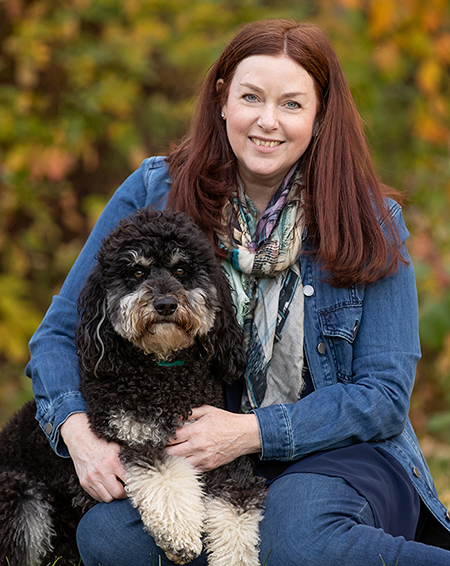 Judy Moench
Judy MoenchDr. Judy Moench has helped create protocols to help her Alberta community and others during the pandemic. Prepped 4 Learning helps teachers, parents, and kids cope with disruption. The Self-care Traumatic Episode Protocol (STEP) is helping mental health clinicians, hospital staff, and others decrease stress and increase coping.
Judy Moench
“I feel like a budding musician who started out in the basement! During COVID we weren’t able to get into a studio or anything like that so I literally developed these videos in my basement using audio on my phone.”
The Self-care Traumatic Episode Protocol fits into a neat little acronym – STEP! Was this one of those programs that worked backward, to shoehorn its description into an easily-remembered four-letter word? Dr. Judy Moench says no.
“It was named that on purpose because it’s a modified version of a protocol that was developed called EMDRGTEP – which is the Eye Movement Desensitization and Reprocessing Group Traumatic Episode Protocol.”
Nobody worked backward, I think we can assume, to make EMDRGTEP a neat little acronym!
Dr. Moench is a registered psychologist in Alberta with a private practice, and also an adjunct professor at the University of Alberta. During COVID, she’s been working on a number of protocols that might be helpful in the community. One is a school-based program, focused on the universal promotion of emotional health with an emphasis on the well-being of students. Prepped 4 Learning is a self-regulation program that starts with teachers and parents helping kids regulate to learn, all the way up to what to do if there is a crisis in school. Dr. Moench thinks STEP might be helpful in this setting as well, for teachers in particular, and they are beginning research with school staff soon.
STEP was launched during the pandemic to assist mental health clinicians, medical staff, and other front line workers to decrease stress and increase coping. The idea was that because people were unable to meet in person a computer-delivered protocol was necessary. This was not intended to be a substitute for psychological treatment or medical diagnoses, but that a 90-minute session with STEP videos could develop containment strategies that would allow them to continue working on the front lines through this time of overwhelming stress. Eye movement is part of the process.
“Eye movement is part of EMDR Therapy, an approach that has an eight-phase model, and you go through all the phases with a client to help them resolve unprocessed material and recover from distressing life experiences. STEP is an adapted protocol but it still uses eye movements and goes through modified phases of treatment – you print out a worksheet, and the person taps from one side of the protocol sheet to the other side and follows with their eyes as they’re doing that. The eye movements help to add distance and give calmness around the event that is being processed. It helps to consolidate the memory in a more cohesive way.”
Normally Dr. Moench and her team would do this kind of activity in groups in the office. You know, in the before-times. Now, this program has to be modified for online delivery, which means a few steps have been adapted. Typically, EMDR treatment would involve an extensive history with the client – with STEP, this has been modified to a few specific questions up front that ensure the person is ready and eligible to use the protocol. For example, someone who was thinking about suicide, or had a complex trauma history, may be better served with one-to-one EMDR Therapy.
Another thing that sets STEP apart is that it is designed to deal with only one very specific trauma episode at a time – right now, the trauma brought on most recently by the COVID-19 pandemic. Dr. Moench calls this ‘titration’, and it narrows the focus to that one episode and excludes the larger history that might otherwise be part of treatment.
“With STEP, the research study we did focused exclusively on COVID. Since then, I’ve used it with other things that aren’t specifically COVID-related…even though right now everything is kinda COVID-related! But there are other events that are happening along with the pandemic.”
The STEP protocol has been used in Alberta with mental health clinicians, with a small group of staff from the United Nations, and with other national and international groups in which Dr. Moench is a member. Right now, she and her team are making a more professional version of the current STEP videos – after all, the originals were shot in her basement with audio from her phone! Only time will tell if this psychology-as-garage-rock-band will be a pandemic-specific flash in the pan (like the Strokes) or a longer lasting international sensation (like U2).
Hey…that’s got us thinking now. How come there hasn’t been a Live Aid / Live 8 pandemic relief show yet? Those were always super-distanced!
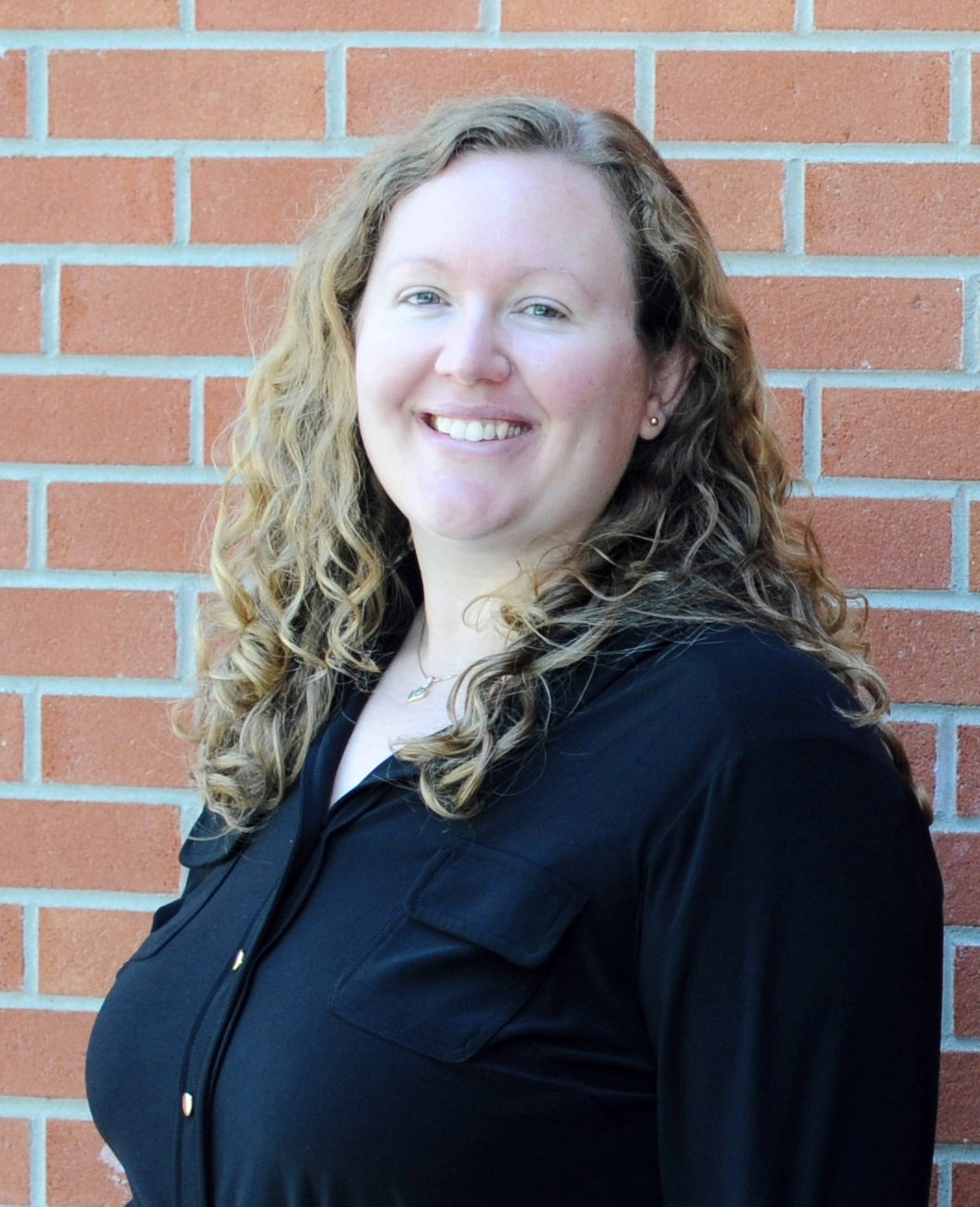 Chloe Hamza
Chloe HamzaDr. Chloe Hamza has an article in the upcoming Canadian Psychology journal COVID-19 special edition entitled ‘When Social Isolation Is Nothing New’. It’s part of an ongoing study of post-secondary students, some of whom had pre-existing mental health concerns before the pandemic, and some of whom didn’t.
Dr Chloe Hamza
Dr. Chloe Hamza is an assistant professor in the department of Applied Psychology and Human Development at the Ontario Institute for Studies in Education at the University of Toronto. She’s the lab director of the CARE lab (Coping, Affect, and Resilience in Education), and her research has been broadly about stress and coping among postsecondary students. It was with this focus that she and her team ran a study looking at the psychological impacts of COVID-19 among postsecondary students.
Like so many other studies at this time, Dr. Hamza and her team were lucky to have already done a similar survey, that one in May of 2019. This meant that repeating many of the same questions with many of the same participants could give a good indication of where they were now, with the pandemic, compared to where they were before.
“We had some pre-COVID assessment data, and then we went back in May 2020 and surveyed students again. We were looking at stress, coping, and mental health before and during the pandemic. What we had originally hypothesized was that students with pre-existing mental health concerns would be those who would be most adversely impacted by the pandemic. But what we found was that students who had pre-existing mental health concerns fared similarly or were actually improving during the pandemic. Whereas students without pre-existing mental health concerns showed the greatest decline in mental health.”
This study, and these results, have resulted in an article that will be published in this month’s COVID-19 special issue of the journal Canadian Psychology. (See our upcoming profile of Dr. Vina Goghari for more on the journal the day the special edition comes out.) The article is called ‘When Social Isolation is Nothing New’, and it details these findings from Dr. Hamza and her team.
“When we looked at why those students without pre-existing concerns were declining, we found that increasing social isolation seemed to be associated with deteriorating mental health. What that seems to suggest is that if you were feeling socially disconnected before the pandemic, which in our case was among students with pre-existing mental health concerns, the start of the pandemic and distancing guidelines may have been less impactful. In contrast, if you weren’t used to experiencing social isolation, and this was a real change for you, your mental health was more likely to decline.”
It looks, for now, as though students with pre-existing concerns were already experiencing some kind of isolation socially pre-pandemic, and that has made the adjustment easier and less impactful for them than it has for others. There are of course other possibilities that might account for the findings of Dr. Hamza and her team, and they plan to explore those in a follow-up study that is beginning right now.
“For many students some stressors actually decreased. For example, having multiple competing demands, or academic pressures, lessened. Which sort of makes sense if you think about how universities initially responded to the pandemic. Students weren’t going to class any more, they may not be going to work, and so the demands on their time – both academic and vocational – may have decreased.”
The follow-up study is currently under way, where Dr. Hamza and her team are asking those same students how they’re coping now during the pandemic. Some of it will involve the results of the previous study, where they will ask the participants about the results. “Here are some of our findings – how does this resonate with you? Do you think it’s accurate? What are some of the reasons you think we might have seen this result back in May?”
While that study is ongoing, Dr. Hamza is also focused on her own students – trying her best to ensure that they remain engaged, well, and healthy through what has been a very difficult school year. Her department does a ‘wellness challenge’ which challenges people to get outside and walk, or pick up and learn a new instrument, or try a new recipe. All things we can do to maintain better mental health during this time of isolation. Things that are good both for those of us who are still new to distancing and socializing remotely, and for those of us for whom social isolation is nothing new.
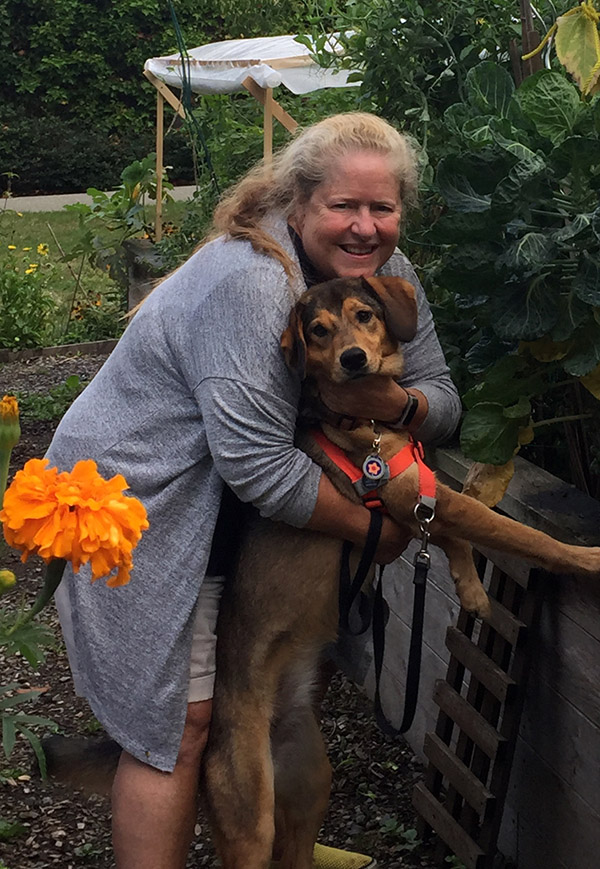
 Laurie Ford
Laurie FordDr. Laurie Ford at UBC has school psychologists to train, students adjusting to online learning, and innovations to replace hands-on experiences. She also has a community garden and two great dogs!
Laurie Ford
“Every night we talk on FaceMail”.
Two things are getting Dr. Laurie Ford through this pandemic in a positive way. One is her nightly ‘FaceMail’ chats with her dad in Oklahoma. Not sure if this means FaceTime, or FaceBook, or Zoom or some other video chat platform, but dad calls it FaceMail and so FaceMail it is. The other is a community garden where Dr. Ford is the President. The garden has become a meeting-place and something of a pandemic oasis throughout the past year. Sometimes up to six or seven people, Laurie and her friends, will head to the garden after work, sit well-distanced on the various plots, and share a laugh and a glass of wine. Maybe pull some weeds. It’s a nice break from long days at work.
“I’m getting a lot of work done – when all I have to do is go to the front of my house and come back. The bad thing is I think many of us are working too much, as the lines between work and home are blurring.”
Even Dr. Ford’s beloved community garden has become part of that blurring of work-home-life, her meetings with friends inspired her to do the same with her grad students. A few months into the pandemic, she suddenly realized that most of her students lived in Vancouver but had never actually met one another in person! With the exception of one student stuck in Australia and one stuck in Alaska, she invited them all to meet, in person, at the garden. (The two stranded students were able to join virtually, by Zoom.)
Dr. Ford is at UBC. She is the Director of Training for the School and Applied Child Psychology program and has been involved in training school psychologists for a long time. She is also a board member at the CPA. As the pandemic has gone on, she has become more and more accustomed to Zoom calls, as has her dogs Gracie Belle and Cooper come to say hi and investigate the goings-on before wandering off to find more interesting ‘dog stuff’ as Dr. Ford goes back to teaching her now presumably more interested class.
“One of the big things, from a training perspective, is to figure out ways that students can get some of that hands-on training, in schools and in clinical settings, when everything’s restricted. The other part that’s related to training is – how do you move to train people to do service delivery in less traditional ways?”
Right now, Dr. Ford’s training is primarily preparing Masters and Doctoral-level school psychologists. Training that would ordinarily involve a lot of hands-on experience. Before 2020, Dr. Ford would take her students to a local homeless shelter for some classes. Others would take place in a rehab clinic, or a xʷməθkʷəy̓əm (People of the River Grass) longhouse located within walking distance of the UBC campus. Dr. Ford says, just being in these physical locations was a huge part of the experience. That, of course, has not been possible in the past year. So they are finding some workarounds.
Members of community join Dr. Ford’s Communities Systems class some weeks as they try alternate ways to immerse students in a variety of settings. In this class and others, she’s also experimenting with videos, podcasts, and other methods of delivering information that are different that simple Zoom lectures. She says she has been surprisingly impressed by how many of her students are doing the extra work and taking advantage of the extra content she makes available to them.
“I think I was just so determined to make this be awesome, even though it sucked being on line, that it’s made me become more familiar with the technology of teaching online, but it has also in some ways made me work harder to find diverse sources of information. I actually think I’m better teaching this course than I have been in the past. I’ve had to work harder to be more creative to find new and better ways to engage my students. It’s made me think like the kids a little bit – I’m doing less lecturing and I’m using podcasts and videos. They’re good teaching pedagogies that we talk about but then we kind of get lazy, you know? So I really think I’m doing a little bit of a better job this year!”
Dr. Ford has a big personality, the kind that can fill a lecture hall in person better than a Zoom screen. She says she misses that part of teaching, addressing a large room full of people, and it’s clear that will be the first thing on the docket, whenever this pandemic ends and she can get back to the front of a class. But while it goes on, she hopes that the innovations she and her students have come up with have made her a better teacher, and they have certainly made her more tech-savvy. When the spring arrives, her students will be able to meet one another again, in a safely distanced fashion. They still have the community garden.
And Laurie’s dad will still have his FaceMail.
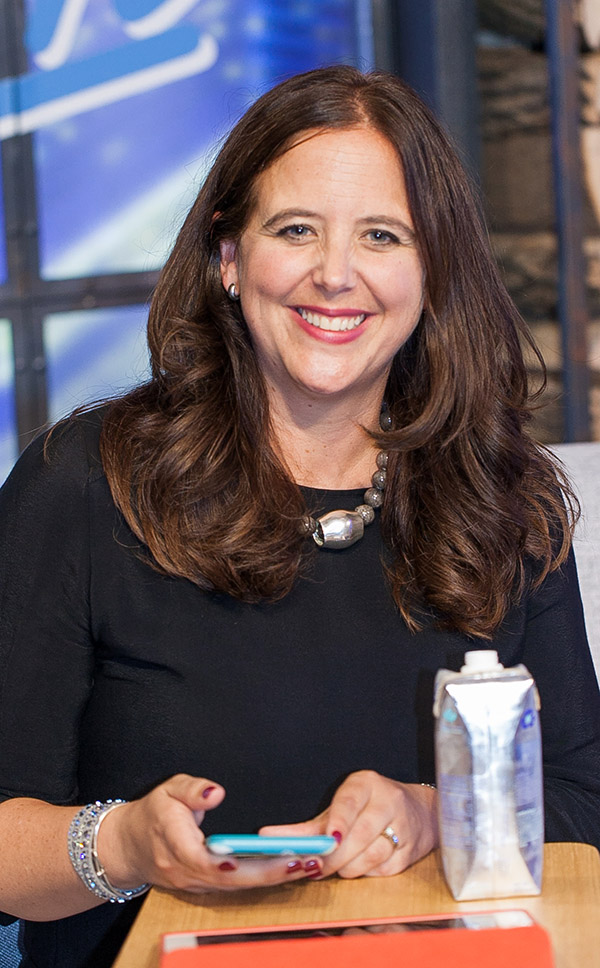 Dr. Christine Chambers
Dr. Christine ChambersDr. Christine Chambers is part of the #ScienceUpFirst initiative, the Scientific Director at the CIHR Institute of Human Development, Child and Youth Health, and many other things. The biggest change for her during the pandemic might be as the Scientific Director of SKIP (Solutions for Kids in Pain).
Dr Christine Chambers
Busy mom of 4, PhD Psychologist, Scientific Director @CIHR_IHDCYH , Scientific Director @KidsInPain , Professor & Tier 1 @CRC_CRC in Children's Pain @DalhousieU
- Christine Chambers’ Twitter bio
You’ll note that the first word in Dr. Christine Chambers’ Twitter bio is ‘busy’. It’s a shame that Twitter bios allow a maximum of 160 characters only…or maybe it’s a blessing? By the time people finished reading hers, they might have no time left for doomscrolling! That’s also why we have profiles such as this one, which, as you will note, has no character limit whatsoever.
I feel lucky to have been able to spend half an hour speaking with Dr. Chambers. When I first started at the Canadian Psychological Association, I had made plans to meet with Dr. Chambers in the spring of 2020, when she would be in Ottawa for a conference. Back then, that was how meetings worked – you would wait until you were in the same city, then you would squeeze in some time. Things operate a little differently now but with Dr. Chambers, even on Zoom it’s still about squeezing in time.
Dr. Chambers is speaking with me just after one Zoom meeting and just before another, each one involving a different hat she wears. One of those hats is as the scientific director of Solutions for Kids in Pain (SKIP).
“SKIP is a federally funded national mobilization network, focused on moving research into practice. We received funding for four years, so our first year of operation was in the ‘before-times’. - In that first year we laid groundwork, developed relationships, built momentum. The pandemic hit just as we were entering into our second year of operation. It’s fascinating, both in terms of the areas of focus that we’re engaging in right now, but also just the process of knowledge mobilization.
How research gets moved into practice is based a lot on relationshipsand bringing people together. In our first year we had so many workshops, and we played a key convening and catalyzing role in bringing people together on a number of issues in physical spaces. All of a sudden you lose your ability to do that. Thankfully we had a lot of partners in SKIP who were already in the digital space either with health providers or with parents, so we had the right tools and the ability to leverage those.
From a content perspective, obviously vaccinations are a huge topic right now. In the area of children’s pain, vaccination pain evidence is very robust. Anna Taddio and others like Meghan McMurtry (also a psychologist) have pulled together this evidence and there’s a clinical practice guideline. So we’ve been doing a lot of public engagement around needles, and how to prepare for needles.
Virtual care has obviously also been something people in the healthcare space have been engaging in in new and different ways, and Katie Birnie – also a psychologist in SKIP – has been leading some really interesting work in this space.
Another thing though, and every health person is struggling with this right now, is how do you keep your issue (in my case pain) a priority in the middle of the pandemic? We were working to improve pain management in Canadian health institutions, now we have to figure out how to keep that issue a priority while competing against all this very important focus on the pandemic. So it’s been a hell of a year!”
Dr. Chambers says she’s been pleased and surprised at how well the team at SKIP has been able to keep pain front and centre, and how well institutions are responding. There have been many champions for this cause working for many years, and the disruption of COVID may actually have made things a little easier. One, because a lot of people in the healthcare space are re-constructing their practices in a different way, and two, because talking about pain and pain management gives those health institutions a bit of a break from talking about the pandemic.
Another hat Dr. Chambers wears as an expert with the #ScienceUpFirst initiative, combatting online disinformation around the pandemic, the vaccine, and more. (See our profile of Dr. Jonathan Stea for more details on #ScienceUpFirst.)
“This is a fantastic collaboration led by Tim Caulfield and Senator Stan Kutcher, and I was thrilled to be one of the psychologists that was an early joiner. I’ve been using social media for a number of years to help promote the work we’re doing and to raise awareness with a particular focus on parents. So it’s been really nice to be a part of this group addressing misinformation head-on. I have my eye on the types of misinformation that gets shared around children and families. It’s a wonderful group of people trying to make sure that evidence (in my case psychological evidence) is embraced and accepted.”
Some more hats. Dr. Chambers is a professor at Dalhousie University. She runs a research lab where they generate new knowledge about children’s pain. And she is also the Scientific Director of the Canadian Institutes of Health Research Institute of Human Development, Child and Youth Health.
“It has been a busy year! It was going to be a busy year before the pandemic, but the pandemic really took it up a notch. It’s a privilege to have the opportunity engage in so many different roles, and I tell people I’m definitely not bored during the pandemic! And also I think that never before has Canadian science and global science been on such a stage. Never before have we needed science more, or have needed to communicate the role of science. So it’s important that psychologists have visibility, and that the psychological evidence be generated and shared. I’m always trying to put up my psychology flag at every table I sit at, and reminding people of the value of psychology.”
Dr. Chambers has four kids between the ages of 9 and 14. Several years ago, she realized that all this research – research she had been instrumental in creating – was not being used to the benefit of her own children. It was then that she started getting into the mobilization side of things, the advocacy and media and policy veins. This involved creating videos, becoming active on social media, and ensuring that knowledge moves to where it needs to go and it led to a career of many hats.
“All this great psychological research is wonderful, but if it sits in journals, or in conferences, and doesn’t actually get out into the hands of people who need it, then what was the point?”
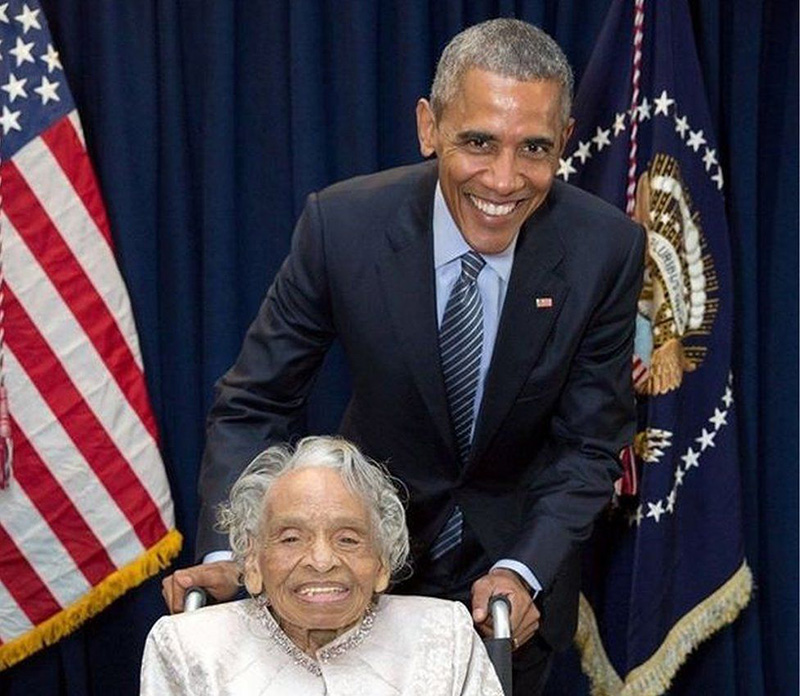 Dr. Olivia Hooker
Dr. Olivia HookerAs a psychologist, Dr. Olivia Hooker worked to change the unfair treatment inflicted upon inmates at a New York State women’s correctional facility. In 1963 she went to work at Fordham University as an APA Honours Psychology professor, and was an early director at the Kennedy Child Study Center in New York City.
Olivia Hooker was six years old when she lived through the 1921 Tulsa race massacre in the Greenwood District of Tulsa, Oklahoma. She went on to become the first Black woman in the US Coast Guard, joining during World War II in February of 1945. She later went back to the Coast Guard, joining the Auxiliary in Yonkers, NY at the age of 95 in 2010.
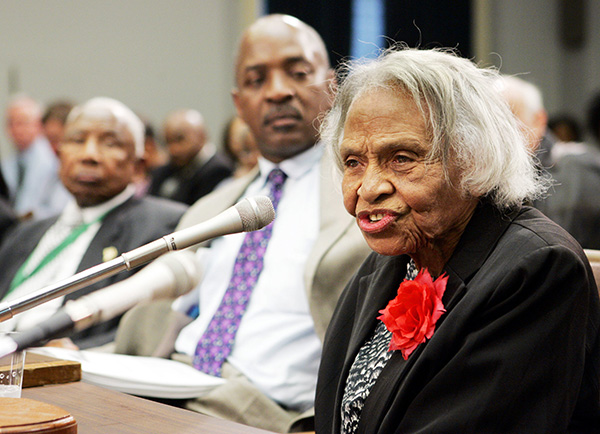
Her GI benefits allowed her to get a Masters from Columbia University, followed by a PhD in psychology at the University of Rochester.
As a psychologist, Hooker worked to change the unfair treatment inflicted upon inmates at a New York State women's correctional facility. In 1963 she went to work at Fordham University as an APA Honours Psychology professor, and was an early director at the Kennedy Child Study Center in New York City.
Honoured by the American Psychological Association, the Coast Guard, President Obama, and a Google Doodle, Olivia Hooker died in 2018 at the age of 103.
#BlackHistoryMonth
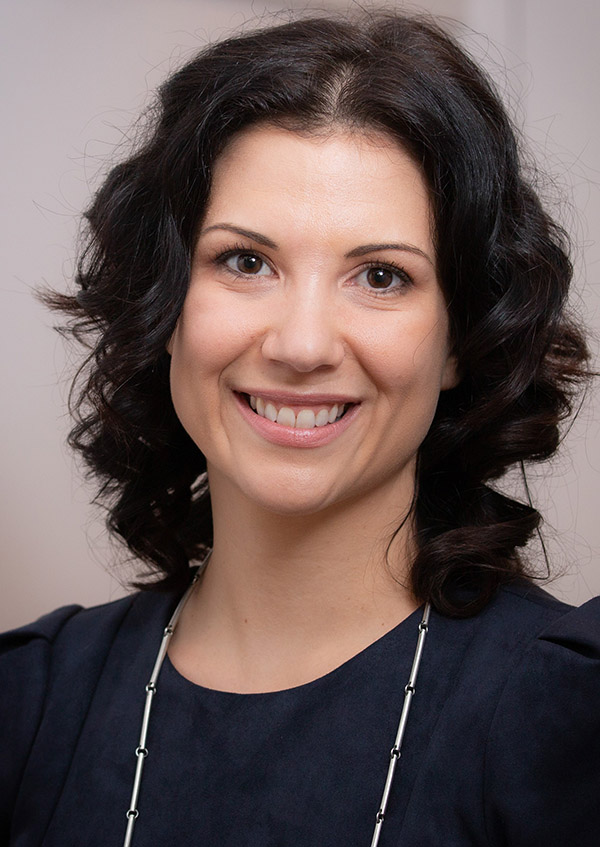 Mélanie Joanisse
Mélanie JoanisseWhen the pandemic began, Dr. Mélanie Joanisse created a simple, easy, and funny Guide to Wellness for her frontline co-workers at the Montfort hospital. It immediately took off and has been shared and translated around the world to help healthcare workers everywhere.
Mélanie Joanisse
“I wrote this in what I would call a hypomanic phase…as psychologists, we always have to pathologize any kind of creativity.”
Dr. Mélanie Joanisse was still processing the fact that she was not going to be able to attend a Pearl Jam concert when she had something of a viral moment in the early days of the pandemic. Can we still say ‘going viral’? Or has that phrase now passed out of the lexicon like so many others before it that conjure unwelcome memories? Anyway, a lot of people suddenly found Dr. Joanisse’s work. Like, a LOT of people. Her ‘Guide To Wellness’ was being discovered.
“I got a call from the communications director at the Montfort hospital, who said ‘what was your marketing and communication strategy for this? [Mélanie laughs heartily] I was like…none? She said we were being bombarded with messages from people who said they like it, and I was starting to receive a lot of emails – even from people in Europe – saying ‘we like this, can we translate it?’ And so I said sure, go for it! So the communications team at the Montfort helped me to create a creative commune so people would understand that they could just take it.”
Dr. Joanisse’s has a private practice in Ottawa, but does a lot of work at the Montfort Hospital, Ontario’s only francophone hospital. When the pandemic first hit, she saw at the Montfort the stress that the staff was experiencing. The sudden worry among doctors and nurses. The occupational therapists and social workers who were wearing masks and gowns, something they would never have done before. It was all hands on deckand changed how everyone was working. She wanted to do whatever she could in her capacity as a psychologist to help.
“As a psychologist I’m not trained in acute care – no one would want me in the ER! So I figured maybe doing a guide would be helpful. I was reading a lot online, and there are a lot of good resources, but I was just picturing a physician or a nurse or an RT sitting down with a list of 25 papers that they could read on wellness. I just pictured them shutting down their computers and saying ‘I don’t have time or the capacity for this’.”
So Dr. Joanisse set about writing something that encompassed as much as possible about the evidence-based ways to wellness, but to package it in a more engaging way. Visually attractive, a little bit funny, and representative of what frontline healthcare workers were experiencing. An easily-digestible light read, rather than another arduous undertaking.
“The only mask you should be wearing is a medical mask; please discard the infallible mask, as research has shown it suffocates its users.”
- From the Guide To Wellness
The humour in the guide comes from Dr. Joanisse herself. She’s extremely funny, in a very natural way, and that good humour has helped her get through this pandemic and all the setbacks. Like the Pearl Jam concert she missed – her first realization of how big COVID-19 was going to be was that cancelation. Or, more recently, the Chiefs loss in the Super Bowl – her husband is a huge Chiefs fan and just after they were married they flew to Kansas City to take in a game at Arrowhead. In 2019, moments before the pandemic really took hold, the Chiefs finally overcame decades of ineptitude to deliver a Super Bowl victory to fans like Mélanie’s husband.
“Last year when they won, it was pre-pandemic so we were at a friend’s house for the Super Bowl. He got up and spontaneously screamed ‘this is the best day of my life!’ There was a silence, and everyone looked at me. I was like, sorry daughter…birth…wedding…I’m just putting that in my pocket. The next time I spend I don’t know what on what, I’m bringing that card out!”
Now, after watching her husband celebrate the greatest day of his life, Dr. Joanisse is something of a Chiefs fan too. This is perhaps more because of Laurent Duvernay-Tardif, the French-Canadian starting right guard with a doctorate in medicine who left the Chiefs in the offseason to join the front lines of the pandemic back in Montreal. Just the kind of person who might benefit from the Guide to Wellness.
Dr. Joanisse still sees stress in her co-workers at the Montfort. Now, it’s not the stress of uncertainty that existed at the beginning of the pandemic, but rather a stress borne of long hours, fluctuating numbers, a desire for the pandemic to be over, and sheer exhaustion. She’s heartened, however, that many have taken her Guide To Wellness to heart – not only at her own hospital, but at institutions around the world.
“Now I know people in Hawaii, BC, all over the world. All types of different healthcare workers have reached out to me. It has been quite the experience, I have to say. And very moving, to know that this has touched people in that way.”
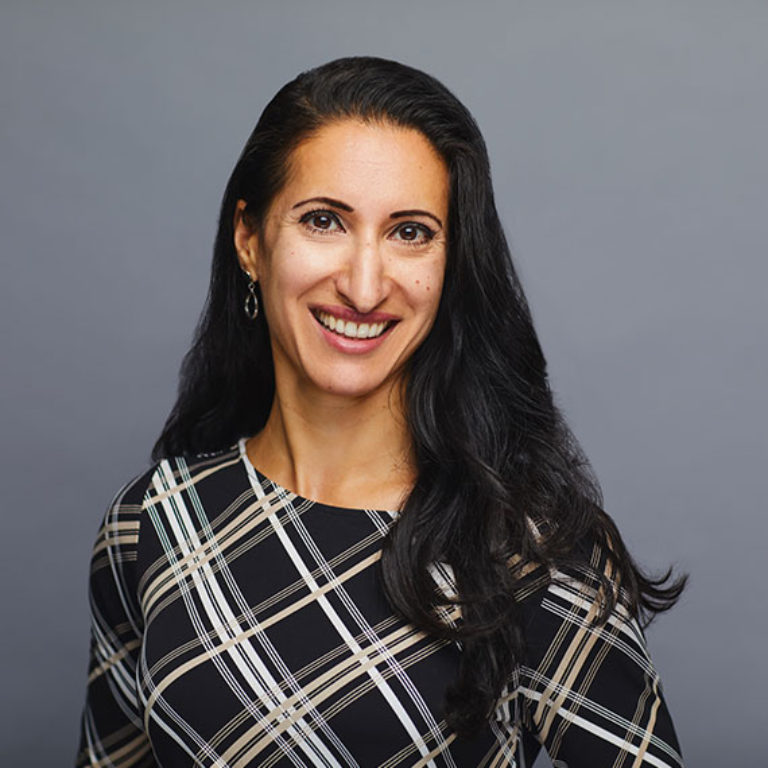 Khush Amaria
Khush AmariaMindBeacon had a bit of a head start on other similar groups when the pandemic began, as they had already been providing online services for some time. Dr. Khush Amaria is the Senior Clinical Director at MindBeacon, and the last year for her has been packed with speaking engagements.
Khush Amaria
“My Zoom background used to have my Parent Report Card up there but I took it down because I wasn’t doing very well – my cooking skills were poor, there were many problems.”
Dr. Khush Amaria’s Zoom background now has a bar graph made by one of her children, which really is ideal – it’s homey, warm, colourful and comforting – but also scientific! Just the atmosphere she probably wants to evoke for CBT Associates and MindBeacon.
If you are a resident of Ontario, a pop-up window appears when you go to the MindBeacon website. ‘Free therapy for Ontario residents! MindBeacon’s Therapist Guided Program is now free thanks to funding by the Government of Ontario.’ They were always providing live therapy through a digital stream with the CBT Associates division of the company, but it was restricted to Ontario only. During the COVID-19 pandemic, they have expanded their Live Therapy program (now capitalized and official) across Canada, and the Ontario portion is now free thanks to government assistance.
“The one thing that is so clear to me is the demand. In the summer we may have seen about 800 new accounts created each week. In the fall that number was reached close to 2,000 new accounts some weeks. It’s indicating that Canadians are struggling, but that they’re not waiting – they’re reaching out for help right now.”
Dr. Amaria is the Senior Clinical Director at MindBeacon and manages the CBT Associates side of the business. During the pandemic, that has meant she does a huge amount of speaking engagements. Companies who reach out looking for an expert in stress, or anxiety, or depression, get Dr. Amaria’s full attention, as she walks them through some of the steps they can take to alleviate the difficulties of their employees. She gets them to understand what level of help they might need, and what supports are available.
“Sometimes it’s a company that will come to me and say, ‘we’re all feeling a little concerned about each other, and we don’t know how to know if our colleagues are doing well’. So what I often do is talk about how we identify stress in ourselves. A common topic might be ‘what is burnout vs. just feeling burnt out?’ How can you be there for others? For me that’s a really nice way to make psychology and the science of psychology understandable to the day-to-day person. My intention with almost every single event I’m part of is to have people feel like they can walk away with a plan.”
That plan may be that they research the thing Dr. Amaria was talking about. Or they’re going to reach out to a friend that they think might not be doing so well. Or that they themselves will reach out because they’re not doing well. It’s always about reminding people of the supports that are available, and destigmatizing mental health – recognizing that mental health is an integral part of everyday health.
In March of 2020, MindBeacon was one of the companies chosen by the Ontario government to provide services quickly and on-demand to Ontarians, which meant that Dr. Amaria and her colleagues expanded their roster of psychologists, and other mental health professionals, very quickly.
“We had to figure out really quickly how we could build our roster, and we brought on psychologists but we also brought on registered social workers. We needed to be able to deliver services, and our psychologists could then be involved in places where diagnosis was required, or helping with triaging, or oversight. Our psychologists are involved in developing protocols. We recognized that some people don’t fit the criteria of having a depressive disorder or being anxious – but they have stress! So we launched this amazing managing stress protocol in the fall because many people just needed to ‘tweak’ their stress management skills. That was a psychologist who wrote that out and put that material in there. That’s the nature of what we do.”
Another major thing that happened during the pandemic was that MindBeacon went public. Dr. Amaria is a psychologist, still does clinical work, oversees the residency program at CBT Associates, speaks to large groups and does a lot of work as a spokesperson for the company. What she does not do is IPOs and the stock market.
“I’m not sure I really understand most of it – but the most amazing thing about it was the attention that this garnered, and the investment coming back into us as a company to continue to support Canadians. So that’s been really neat.”
When GameStop stock took off, and Wall Street was all in an uproar, Dr. Amaria says she got the Coles’ Notes version of it from her husband, presumably during one of those moments when she was not doing one of the many jobs she has at the moment. Maybe during one of the forced getting-outdoors breaks they take with their school-age children. Taking care of stress levels and mental health is something clinicians have to remember as well.
“I remind myself I need to take a dose of my own medicine in a way. In a week I might talk to 1,000 people about stress management, and share examples from my own life. It’s about recognizing that we’re all in it together, and we do really have to work on mental health. Nobody is immune – it doesn’t matter if you’re a psychologist or a therapist, taking care of your mental health is effortful, and we all have to do something.”
For some of us, doing something means reaching out to a friend, or taking a walk outside. For others, it might mean reaching out to Live Therapy from MindBeacon. Maybe doing something is as simple as learning something new. Like improving one’s ‘cooking skills’.
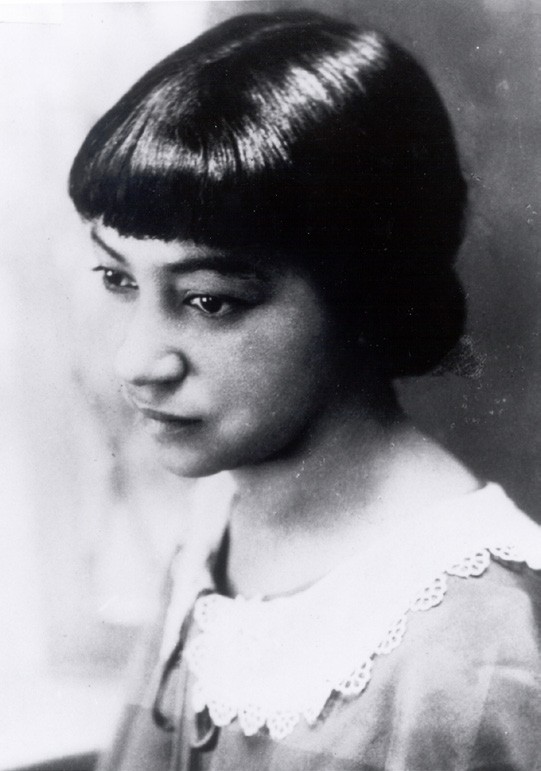 Inez Beverly Prosser
Inez Beverly ProsserInez Beverly Prosser was a Texas native who taught in segregated schools in the early 1900s. She travelled to the University of Cincinnati to obtain her doctorate in 1933, making her the first Black woman with a PhD in psychology.
Very little is known about Inez Beverly Prosser, a Texas native who taught in segregated schools in the early 1900s. Her state's universities were segregated, so she travelled to the University of Cincinnati to obtain her doctorate in 1933, making her the first Black woman with a PhD in psychology.
Sadly, Dr. Prosser was killed in a car accident a year after earning her PhD, but her dissertation was widely discussed for years afterward. She found that Black students in segregated schools had better mental health and social skills than those in integrated schools - in large part because of the prejudicial attitudes of the white teachers in those integrated schools. https://feministvoices.com/profiles/inez-beverly-prosser
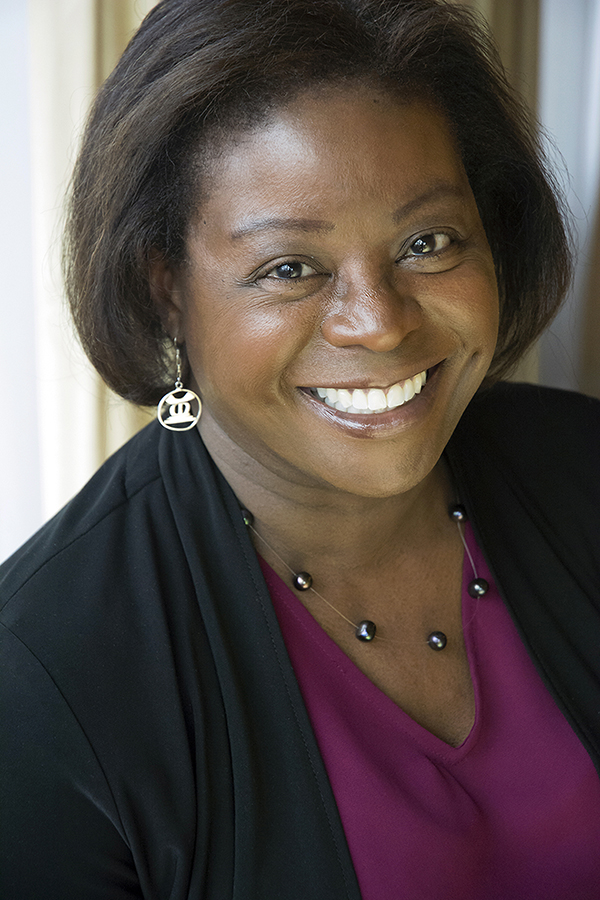 Helen Ofosu
Helen OfosuDr. Helen Ofosu runs IO Advisory in Ottawa where she helps organizations and businesses tackle structural racism and promote equity, diversity, and inclusion. During the pandemic, more and more groups are looking for this kind of assistance and her business is growing.
Dr. Helen Ofosu
“There are certain people who, pre-pandemic, were super-productive and making amazing contributions at work. But because they weren’t bragging, buttering up the boss, or charismatic, they were overlooked. But now, when everyone’s at home, it’s easier to track who is contributing – who is sending in work product. So, all the “doers” are kind of getting their chance to shine.”
Dr. Helen Ofosu is writing a book. The working title is The Resilient Career, and will impart lessons she has learned over a 20 year career in Work and Business (Industrial/Organizational) Psychology. It will be a resource for people dealing with underemployment, harassment, workplace scapegoating, or being a newcomer to Canada trying to adapt to a new culture in the workplace. A lot of the book will be about employees’ identities, and how those tie into career progression, as well as some insights around the “glass cliff” phenomenon (i.e., women and racialized people being more likely than men to achieve leadership roles in an organization in times of crisis, when the chance of failure is much greater).
It may seem like writing a book during the COVID-19 lockdown is something a person with a lot of time on their hands would decide to do. That does not seem to be the case for Dr. Ofosu, who is an HR Consultant, Executive Coach, and Career Coach who runs I/O Advisory Services in Ottawa. Much like the employees she sees getting more recognition for the work they do during the pandemic, Dr. Ofosu is getting more recognition as well. The bulk of her clients were once in Ottawa, but now that Zoom is the de facto way to connect she is working with companies all over Canada, and sometimes the US and Saudi Arabia.
An additional reason for that branching out is the newfound focus companies are placing on systemic discrimination, anti-racist workplaces and restructuring their policies around equity, diversity, and inclusion. That happens to be Dr. Ofosu’s specialty – what she refers to as a ‘passion project’ turned full-fledged business line. This process is taking something of a different turn now as well, with the pandemic forcing this kind of coaching to be done at a distance. At the moment, this is mainly taking the form of mentorship and sponsorship programs for employees.
“My favourite model is one that I’ve been experimenting with and tweaking – it’s blending mentorship with allyship. At the same time that we train mentors to be more effective working with racialized people with whom they may not have a lot of experience, we’re also going to train a second group of people called ‘allies.’ These are people who may be senior and well-intentioned in the organization, but who don’t have the time to dedicate to either a one-on-one protégé or a small group of protégés. But they can still benefit from some training around systemic discrimination and what it means to be a good ally and mentor. They can then be out there in their organization as resources and influencers on more of an ad hoc basis.”
The mentors and the allies both receive the same kind of training – but while the allies tend to have giant workloads and full calendars and therefore less time to dedicate to this sort of thing, the mentors commit to six month or year-long programs where they check in with Dr. Ofosu regularly.
Mentors are ideally people in leadership positions in the organization. They are people with good ‘soft skills’ (e.g., communication, empathy, judgement, strategic thinking, etc.) and a genuine interest in supporting the career development of more junior employees. This way they will be more effective at imparting the lessons learned to the rest of their teams.
It was shortly after the death of George Floyd that a group in Toronto reached out to Dr. Ofosu, and it’s with this group that she has been developing the mentorship program as it stands today to support communication, marketing, and PR professionals in Canada. Now the federal government has caught wind, and she’s working with them to get this program launched there as well.
That likely means more work, which might also mean less time working on her book. But Dr. Ofosu will find the time, while still taking the occasional break. One of the perks of living in Ottawa is all that free time outdoors taking long walks and shoveling snow, where she puts on her headphones and listens to R&B, gospel, and hiphop music. Then she’ll come back in refreshed, ready to work on that book (with support from her American editor) and to get busy supporting leaders and dismantling structural racism at organizations across Canada.
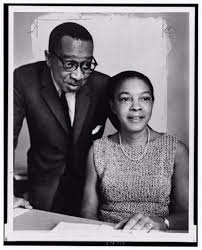 Kenneth & Mamie Phipps Clark
Kenneth & Mamie Phipps ClarkFebruary is Black History Month and to celebrate and acknowledge the contributions that Black Psychologists have made to the discipline and the world, the CPA will be highlighting historically significant Black Psychologists throughout the month (#BlackHistoryMonth).
Kenneth & Mamie Phipps Clark were psychologists famous for their ‘doll experiment’. Their findings, that even black children showed preference for white dolls from as early as three years old, played a role in outlawing segregation.
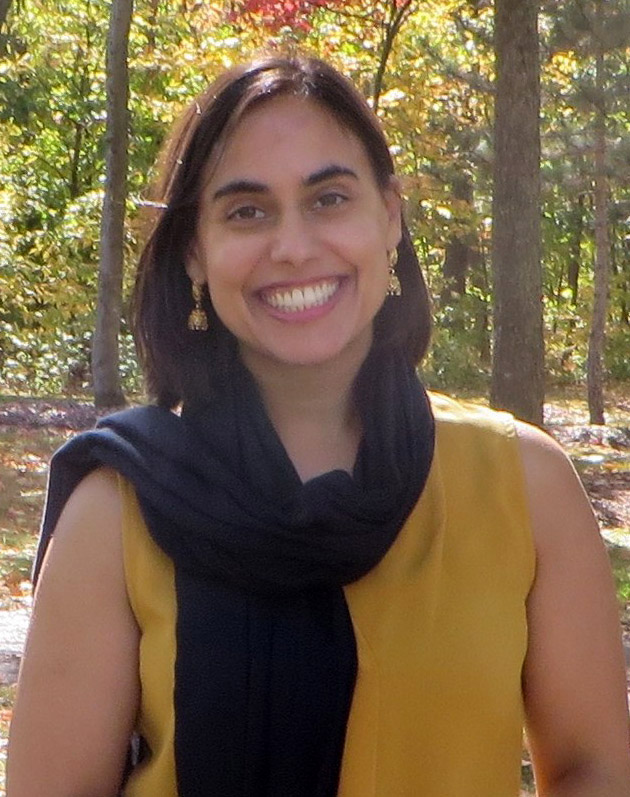 Maya Yampolsky
Maya YampolskyThe COVID-19 pandemic has made racism worse around the world for marginalized communities. Racism has made the pandemic worse for those communities as well. Dr. Maya Yampolsky specializes in social and cultural psychology, with a particular focus in her research on systemic racism and how racism enters into our personal lives.
Maya Yampolsky
In the spring of 2020, there was a COVID outbreak at a homeless shelter in Ottawa. The outbreak was traced back to two immigrant women who were both working at multiple long-term care homes in the city, and who lived at the homeless shelter. As new Canadians with few job prospects, personal support worker positions were some of the only jobs the two women could get. Those jobs paid so little that they were forced to work in more than one location in order to make enough money to live. Even then, they did not make enough to afford rent and so they had to live at the homeless shelter. It was a perfect storm of transmission as vulnerable people in one population brought the virus to vulnerable people in another. As many pointed out at the time, this was eminently predictable.
COVID-19 has had a disproportionately devastating effect on Black people, Indigenous people, immigrants and refugees. Pretty much anyone that has been disadvantaged by institutions and societies over generations are now even more vulnerable because of health inequities. Dr. Maya Yampolsky is an Assistant Professor in Psychology at Université Laval. She specializes in social and cultural psychology, with a particular focus in her research on the experience of managing multicultural and intersectional identities, and how those identities are related to our broader social relationships and broader social issues – especially systemic racism and how racism enters into our personal lives.
We’re speaking on Zoom, Dr. Yampolsky in her apartment in Quebec City, in front of a blank wall that I notice looks a lot like the hallway outside my high school gym. It turns out this is by design – an avid yoga practitioner, Dr. Yampolsky has been with a group call the Art of Living Foundation for about 20 years. They are an organization that promotes individual and community development through yoga and yogic philosophy. When teaching a course, Dr. Yampolsky prefers a neutral, blank background. That said, I get the sense that a yoga class with Maya would be an awful lot of fun. She is exuberant, cheerful, friendly and animated in a way that comes through even a Zoom screen. Even when the subjects we’re discussing are rather sombre and depressing compared to yoga. Subjects like COVID, and racism.
“A lot of research showed that Black Canadians of Caribbean origin or African origin, populations that are descendants of enslaved peoples from previous centuries, these groups have continuously been targeted. As a result there’s stress, and there’s illness that builds up in the body. So a lot more of these members of our population have chronic illness, which makes them more vulnerable to COVID, and to having a more intense experience with it. This means they have worse cases and a higher mortality.”
Around the world, Black, Indigenous, Hispanic and Southeast Asian people have felt the greatest impact from the pandemic. This is in part because of the stress that comes along with the continuous targeting Dr. Yampolsky speaks about, but also because those groups are the most likely to be essential workers. Frontline healthcare employees, people who work in long-term care facilities, areas that are more susceptible to exposure. Worse health outcomes, increased exposure, and more long-term neglect of marginalized communities have combined to create a storm during the pandemic.
“This isn’t overt racism, like hatred. But it is something that manifests from the existence of structural racism that creates inequalities that then come to the surface when a pandemic hits.”
Dr. Yampolsky, along with her colleagues Andrew Ryder, John Berry, and Saba Safdar, created the fact sheet ‘Why Does Culture Matter to COVID-19’ for the CPA. That fact sheet inspired a review article she is currently working on with Rebecca Bayeh (1st author) and Andrew Ryder (last and corresponding author). Every time culture and COVID is discussed, it takes Dr. Yampolsky and her colleagues in new directions. Racism is a big part of that. With the pandemic, one thing leapt out very early.
“The World Health Organization has said that we don’t name diseases after places. And yet, people kept insisting on calling this the China Virus or worse. From there we saw a lot of hate speech emerging, and there’s been a lot of hate crime. Here in cities like Toronto and Montreal, there were a lot of defacements of businesses and sacred spaces like Buddhist temples. Asian-Canadians and Asian people abroad, in the global diaspora, and people who looked phenotypically Asian (like Northeastern states in India) were being targeted as the source of the virus and being associated with disease.”
This is sadly not a new thing. We’ve seen this before many times, with virtually every epidemic and pandemic in human history (the 1918 influenza pandemic is still called the ‘Spanish flu’ today, even though the first reports of the outbreak were in Kansas, and no evidence suggests that Spain was particularly hard-hit or that outbreaks occurred there earlier than anywhere else).
Dr. Yampolsky explains that part of the reason for this is that the human brain has shortcuts wired into it to be able to avoid danger – we see disease and immediately try to determine the source of the danger, leading us to associate a virus with a whole group. But of course, it’s more complicated than just this. It wasn’t as though everything was great, and then suddenly the pandemic created more racism – there had been a steady rise in overt racism and hate groups leading up to the onset of COVID-19, a trend that was merely accelerated by the pandemic.
Racism has always existed, and it is always there among the public – the rise has been in overt, or as Dr. Yampolsky put it, “audacious” racism. Hate groups and far-right terror groups in North America and Europe have been more bold in sharing their vitriol publicly. Even some political actions have acted to exacerbate racial tensions. Dr. Yampolsky points to Bill-21 in Quebec, the law that bans people working in public services from wearing ‘religious symbols’ of any kind.
“Anything that essentially targets a minority group will also condone hate toward that group. By its very nature, it singles them out for discrimination. And we were seeing a lot of that already.”
Discrimination against virtually all minority groups has been amped up as a result of COVID-19, in large part because that discrimination was on the rise already. The advent of the pandemic became an excuse to further scapegoat those marginalized groups among those who were already trafficking in hate. These populations already tended to be more vulnerable than others because a history of systemic racism has set them up that way.
In the middle of this perfect storm, Dr. Yampolsky sees a silver lining, maybe a light at the end of the tunnel.
“Hopefully the fact that COVID happened, and then this latest big anti-racism movement – as far as I can tell, the biggest since the civil rights movement – in a way COVID facilitated drawing our attention to what was an existing situation. We weren’t going out, we weren’t being distracted, and so our attention was drawn towards anti-racism. This, positively, has yielded a lot more awareness about racism, and institutional valuing and awareness about racism as well. So that also gives me hope – in the sense that COVID showed us that we’re all connected, it also drew our attention to these things that needed repair, and needed work. I hope that it does end up building more responsible, more healthy, and happier connections with one another.”
There’s still a huge amount of work to do building those connections. To avoid another scenario like the one that happened in Ottawa in the spring, immigrants and refugees require greater supports. Personal support workers, and others we consider essential, require higher salaries. We also need to build ethical and cooperative interactions with Black and Indigenous peoples. There must be equitable and affordable housing for all. And the structural systems that create these conditions must be dismantled.
Dr. Maya Yampolsky is one of the people that will move us closer, as a society, to creating those connections. After an hour with her on Zoom, it’s almost impossible not to be inspired to get out there and start working on dismantling racist structures and historic disenfranchisement. And also, maybe even to sign up for her yoga class.
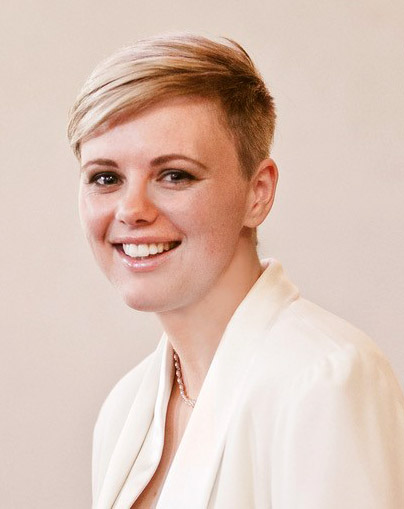 Karen Blair
Karen BlairDr. Karen Blair and her colleagues created the ‘COVID-19 Interpersonal & Social Coping Study’ which surveyed hundreds of Canadians over several months. One of the most striking results they found was the impact of the pandemic on LGBTQ+ university students.
Karen Blair
“One student broke up with her girlfriend just as the pandemic began. She was sent home but wasn’t out to her family. So she was heartbroken, that young love heartbreak that totally guts you, but her family didn’t even know she was gay. And so she couldn’t be heartbroken in front of them. At the same time her brother was home, with his girlfriend stuck in another city. And so their parents were doting on him – empathetic and supportive of the poor moping brother, sad at being separated from his girlfriend. And she’s watching this knowing she can’t even tell them that she’s heartbroken, that she got dumped because of the pandemic.”
Dr. Karen Blair is an assistant professor of psychology at Trent University. She is also the Chair of the Sexual Orientation and Gender Identity Section of the CPA, and has been since 2014, a fairly long time to be the chair of a section. She says she’s likely to remain the Chair until at least 2022, as it would be a pretty big ask to get someone to take over virtually, in the middle of our current pandemic.
One of the things Dr. Blair has done during the pandemic is the ‘COVID-19 Interpersonal & Social Coping Study’. It was a large, ongoing survey of hundreds of Canadians on a variety of topics. It found as the pandemic progressed between May and July, Canadians wore masks more often and supported mandatory mask mandates more strongly.
Dr. Blair and her team also looked at Intimate Partner Violence (IPV), and found that the sample couples who had negative reactions to COVID-19 were at greater risk of perpetrating and being the victim of IPV. Their results found that married or common law couples are at greater risk for psychological IPV victimization; women and married or common law couples are at greater risk for psychological IPV perpetration; and younger individuals, parents, mixed-sex couples, and individuals in newer relationships are at greater risk for sexual IPV victimization.
They also looked specifically at Nova Scotians and how they were coping with the pandemic relative to other Canadians. Nova Scotians reported higher levels of social support, mental wellbeing, and medical help seeking behaviours. Nova Scotians also reported more engagement in WHO recommendations, feelings of competency to engage in social distancing and more positive attitudes toward mandatory mask regulations.
Part of the survey had participants writing notes to their past and future selves - one was a message to a past self, before the pandemic began. The other, a message to a future self several weeks later (see Courtney Gosselin profile).
Perhaps the biggest thing Dr. Blair and her team keyed on in the survey was LGBTQ+ university students who were dealing with the pandemic, home life, and distance learning.
When the first lockdown and stay-at-home orders came down way back in March of 2020, students from all over Canada were sent home from school. Accommodations were made for those who could not return home – those whose home was in a hot spot, like Italy. Or those who may not have been able to get back to Canada once they left for their home countries. But students whose needs could be met only on campus, like the LGBTQ+ population, were not considered.
Universities across Canada closed on March 13th. Students were, for the most part, given 24 hours notice that they would be moving back home. For LGBTQ+ students, that meant giving up the support systems they had cultivated at school – social groups, roommates, dorm communities and so on. It also meant that for many of them, they were going home to a place where there was simply no support at all. Everything else in the family might be fine, but for these kids there is a huge part of themselves that is having to hide.
“Parents were scrambling to get their kids home, kids were scrambling to move out. In all that chaos we never stopped to ask if we were sending closeted kids home to unaccepting families.”
In addition to the students who remain closeted at home, there are some who may have it even worse – their family knows, but is hostile about their orientation or identity. Which means they are being berated for it every day, stuck in a place they can’t escape, where the support system they’ve built outside the home is inaccessible.
Even virtual support becomes difficult for these students. Now stuck at home with a family that doesn’t accept their sexual orientation, or their gender identity, there is often not a place private enough to have that conversation over Zoom or Skype without the danger of a parent or sibling overhearing the discussion.
These youth, while experiencing all the same upheaval the rest of us went through with the pandemic, had this added layer of a difficult home life. Dr. Blair says this difficulty doesn’t tend to extend to adult LGBTQ+ people – the 30- or 40-year-olds who are settled and married.
“Someone asked me the other day how it has affected me, and I thought not really – I might actually be doing really well. I’m stuck at home with my wife… we’re both academics and often collaborate with each other so we’ve been able to be great supports to each other throughout the various lockdowns.”
Dr. Blair herself relocated during the pandemic to be closer to family. While her wife’s family is now within driving distance and they are only one flight (instead of two) from her own family, the pandemic has meant they haven’t been able to realize the benefits of seeing their families more despite living closer. But the fact that they both have families that want them to visit, and that are happy to be cooped up with one another, puts them in a place many of the university youth Dr. Blair speaks about can only dream of being.
One day, hopefully, those LGBTQ+ youth will get to that place. For now, they must navigate their way through a difficult school year, the same global pandemic with which we’re all dealing, and a certain kind of isolation and difficult home situation most of us won’t experience. What they are missing is a community, a peer group, and a support system. And someone with whom they can share their heartbreak.
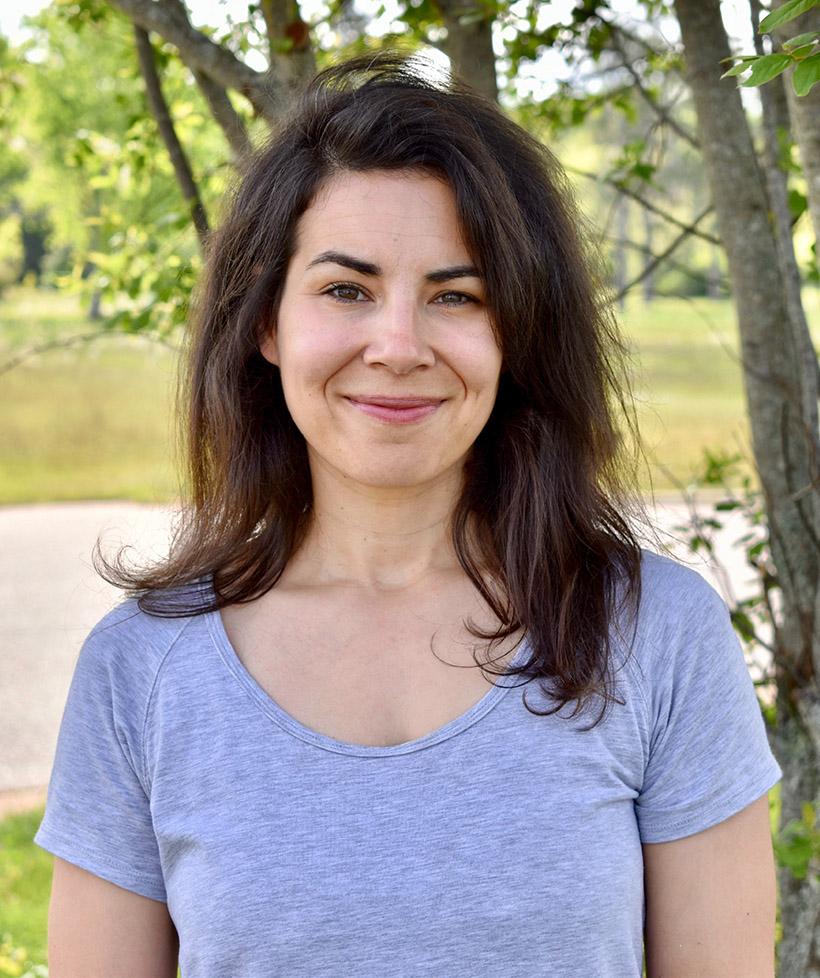 Courtney Gosselin
Courtney GosselinCourtney Gosselin was one of 25 students from Canada and the UK who worked on the COVID-19 Coping Study between March and August. Part of the study was letters people wrote to their past selves (pre-pandemic) and future selves (what they thought at the time would be post-pandemic).
Courtney Gosselin
“Find time for yourself, life will slow down, and that’s okay. Take time to learn lessons, take time to really appreciate everything. You are strong, creative and independent, which will all come in handy.”
- Anonymous, writing a note to their past self during the pandemic
Courtney Gosselin is a graduate student in clinical psychology at Acadia University. She’s doing her Masters-level research with Dr. Karen Blair and Dr. Diane Holmberg, and as COVID-19 has overwhelmed most of our lives, their research has moved in that direction as well. Dr. Blair and her colleagues embarked on a large-scale COVID-19 coping study. At the end of the survey, there were two questions – one was a message to a past self, before the pandemic began. The other, a message to a future self several weeks later.
The questions were inspired by a video made by Italian filmmaker Olmo Parenti called 10 Days Later. In the earliest part of the pandemic, when Italy was being hit harder than nearly any country in the world, Parenti asked Italians to record messages to themselves just ten days earlier – what did they wish they had known just ten days ago?
“What you might think is coming is not nearly what is coming. What is happening is much, much worse than what you thought it could be.”
- Anonymous Italian citizen, 10 Days Later video
The Italian 10 Days Later video was filmed in early March. At the time, it was intended to be a warning to the rest of the world. It was estimated that at the time, France and the United States were about 10 days behind where Italy was in the progression of COVID-19, and the hope was that people in those, and other countries, would see this and take the virus seriously.
When Courtney and her group began asking the two questions developed by Dr. Blair, it was much further into the pandemic. Like, a few weeks further into it, which in March and April was a fairly large passage of time in which an awful lot happened here in Canada. She and fellow Acadia student Abbey Miller developed a coding scheme to look at the more than 500 responses.
There was at least one person who advised their earlier self to “Buy Zoom shares, sell Air Canada, don't worry about toilet paper.”, but very few were so self-serving. What Courtney and her team were struck by was the overall tone of hope, the positivity, and the more optimistic and encouraging series of messages. Advice to take time for self-care, to slow down and enjoy the little things in life. The encouraging messages were ten times more common than the discouraging ones.
“This is a chance for you to connect with the part of yourself that thrives on solitude, thinking, listening to nature, watching the sun rise and set.”
While the messages to past selves were largely optimistic, the messages to future selves were a little different. A lot of them would fall into the category of “hey, self – is it over yet?” Says Dr. Blair, “none of us thought it would go on this long either. Now that we think about it, instead of asking them to write to themselves six weeks from now, we should also have asked them to write for six months, or a year, from now.” Some participants stayed in the study for four weeks, and often their future messages would be the same week in and week out – how are things NOW?
“As the world opens up, how do we cope with physical distance, the funerals that have been postponed and loss in general (not due to COVID sickness but impacted by its limitations)?”
Courtney and Dr. Blair say they would like to do another survey of this kind with a different set of questions to see if the optimism and hope that they saw back in March and April has remained. They would do it a little bit differently though, as logistically this one was a bit of a nightmare for their lab. Software, time zones, and other factors came into play and resulted in a group of students going into the lab almost every night to send out the surveys manually, from 6 pm in Newfoundland to 6 pm in BC.
It was, as a result, a very labour-intensive study to run. Especially for the students, like Courtney and the 24 others from Canada and the UK who worked on it between late March and early August. At the beginning, as the pandemic was just hitting Canada and the study was just beginning, they were running on adrenaline. The need to get something done, the need to find a way to help during the COVID-19 crisis, drove them to work longer hours and search for answers.
If they were to do it again now, would they have the same motivation? Would they feel the same urgency, almost a year into the pandemic? It’s tough to say – just as it’s tough to say whether the responses would have a similar tone today as they did back in April. As one participant said,
“Am I still being a positive person?”
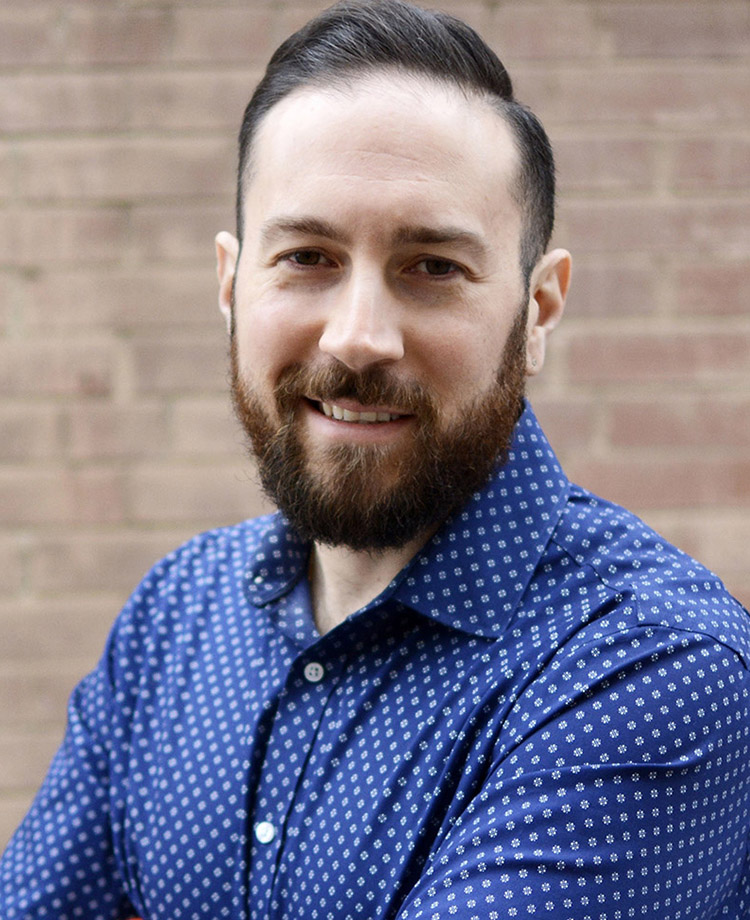 Jonathan N. Stea
Jonathan N. SteaThe proliferation of disinformation and misinformation online over the past few years has become more dangerous with the advent of the COVID-19 pandemic. Dr. Jonathan Stea, a clinical psychologist and an adjunct assistant professor at the University of Calgary, is one of two psychologists invited to join Science Up First, an initiative bringing together experts from every field to combat disinformation online.
Jonathan N. Stea
“That the outbreaks of Spanish influenza, which have given army officials some concern, may have been started by German agents who were put ashore from a submarine, was the belief expressed today by Lieut. Col. Phillip S. Doane, head of the Health and Sanitation Section of the Emergency Fleet Corporation. … 'It is quite possible that the epidemic was started by Huns sent ashore by Boche submarine commanders,’ he said. ‘We know that men have been ashore from German submarine boats, for they have been in New York and other places. It would be quite easy for one of these German agents to turn loose Spanish influenza germs in a theatre or some other place where large numbers of persons are assembled.’” (New York Times, ‘Think influenza came in U-boat’, September 19, 1918).
You can find that story on Page 11 of Dr. Steven Taylor’s book The Psychology of Pandemics: Preparing for the Next Global Outbreak of Infectious Disease. Conspiracy theories are nothing new. Conspiracies surrounding pandemics are nothing new. What has changed is the speed at which they are spread, and the maliciousness with which they are created.
Lieut. Col. Doane may have thought German U-Boat submariners were coming ashore to spread the flu in movie theatres, and his story was told to the New York Times. It was read by New Yorkers who may, or may not, have believed him. The fact that this opinion exists only in archival material and does not persist to this day, is indicative that either few people read it, few of them believed it, or both.
Lieut. Col. Doane’s theory was not posted to an 8-Chan thread, picked up by a Russian bot farm, posted to Facebook by sixty accounts, disseminated by dozens of questionable ‘news’ platforms, discovered by the President of the United States and tweeted to 90 million people, many of whom were eager to believe and spread the rumour.
This is where we live now, where disinformation and falsehoods can spread from one person to millions across the world in the blink of an eye. And in the time of a pandemic, this can be dangerous, destructive, and harmful in more ways than just fighting between friends and family members. It can put whole populations in greater danger than they need to be.
It is for this reason that scientists across Canada have come together to create the #ScienceUpFirst initiative. Dr. Jonathan N. Stea, a clinical psychologist and an adjunct assistant professor at the University of Calgary, is one of two psychologists who were asked to join the team. Along with Dr. Christine Chambers, Dr. Stea is providing his psychological expertise to combatting disinformation online – specifically, for , disinformation about COVID-19 and COVID-19 vaccines.
“It’s an ethical imperative for psychologists to promote evidence-based patient care and public health– so I’ve always been interested in things like pseudoscience and health-related misinformation. Calling that stuff out is one of our ethical imperatives.”
#ScienceUpFirst emerged from conversations between Timothy Caulfield, a professor of health, law, and policy at the University of Alberta, and Senator Stan Kutcher of Nova Scotia. Professor Caulfield has been researching online disinformation and how to debunk it for decades. Senator Kutcher, before becoming a senator, was the Department Head of Psychiatry at Dalhousie University. They got together to assemble a team of science communicators, epidemiologists, chemists, biologists, geneticists, bioethicists, infectious disease experts, and of course psychologists. Dr. Stea says,
“There is a lot that psychology can bring to the table. We’re trained extensively in science, we’re trained in critical thinking, and we’re trained to understand the ways in which we interpret information and the world more generally. I’ve personally applied these skills to communicate to the public through mainstream media channels, such as articles about tackling health-related misinformation, like how to address vaccine hesitancy and how to identify fake science news.”
This coalition of scientists is dedicated to debunking the misinformation that is out there now. They also want to do the same, as quickly as possible, after a new false narrative emerges online. And there are a lot of them – Bill Gates is microchipping you through vaccines, the numbers are being inflated to control people somehow, alternative medicine cures the virus, the list goes on. And on, and on, and on. Add to that the already loud and vocal anti-vaccination movement that predated the pandemic, and it looks like an uphill battle. But it’s one Dr. Stea is ready to wage.
“Science is an ever-evolving process, and sometimes there are disagreements between scientists. I think for the first time, science is being exposed to the public the way it has always been – as an iterative, evolving process. But for people who are unaware of that, sometimes it can be kind of jarring and it can leave people vulnerable to traps of misinformation. You’ll hear anecdotes, or testimonials on Facebook about how vaccines are extremely dangerous or how Bill Gates caused all this or something. And we want to take accurate, science-informed information and amplify that.”
The initiative is not just scientists railing against misinformation, it is designed for regular Canadians, and regular people around the world, to help amplify the message in the name of public health and protecting their communities.
Your brother-in-law posted online that the COVID-19 was engineered in a lab in China. Your former boss is constantly posting memes about the vaccine being unsafe and untested. Hank from high school is pretty convinced the virus itself is a hoax, meant to distract us all from Pizzagate. Go to #ScienceUpFirstFirst.com, the site that’s designed to help you in combatting these conspiracy theories and false information. They’re fully committed to this fight and want to provide you with the tools to join in as well so that you are not railing against misinformation alone.
Dr. Stea’s day job involves providing psychological treatment in a specialized interdisciplinary outpatient clinic for people who present with both substance use and psychiatric disorders. With the pandemic, he and his colleagues have helped people with these conditions adapt and cope with the additional stressful layer of COVID-related anxiety and uncertainty.. Social media, and the conspiracy theories it perpetuates, does not help. And the volume of these things is only increasing. And of course, that’s where Dr. Stea is spending a fair amount of his spare time.
In 1963, Republican Presidential candidate Barry Goldwater refused to distance himself from the John Birch Society, a powerful conservative group claiming that the bulk of the American congress, including President Eisenhower, were communist conspirators. Later the JBS would push the bogus claim that laetrile, a chemical compound found mostly in the seeds of apricots, was a cure for cancer. In 1964, Goldwater was defeated in one of the biggest landslides in American history, and the John Birch Society was forced out of respectable Republican circles
In 2019, Marjorie Taylor Greene voiced support for the theory that the school shooting at Marjorie Stoneman Douglas High School was a “false flag” attack. She also advanced the conspiracy theory that there was a video – though she hadn’t seen it herself because it does not exist – circulating on the “dark web” of Hillary Clinton cutting off a young girl’s face and wearing it herself as a mask while drinking that young girl’s blood. In November of 2020, Marjorie Taylor Greene was elected to Congress as a Republican Representative from Georgia.
Much of this, of course, stems from Donald Trump who was the biggest source of disinformation and conspiracy theories in the world. Disinformation about COVID-19 is estimated to have declined by 73% on Twitter since Trump had his account disconnected by the platform. And so now may be the perfect time to strike. If genuine science and fact can flood the internet at the same pace as false stories can be spread by trolls, then perhaps we have a chance to stem what the WHO calls a “global infodemic”.
It’s an uphill battle, but it is one that must be waged. Dr. Stea and his colleagues are ready to take it on – and they’re in it for the long haul.
To join the #ScienceUpFirst movement, follow @ScienceUpFirst on Twitter, Instagram, and Facebook, and please visit www.ScienceUpFirst.com to learn more.
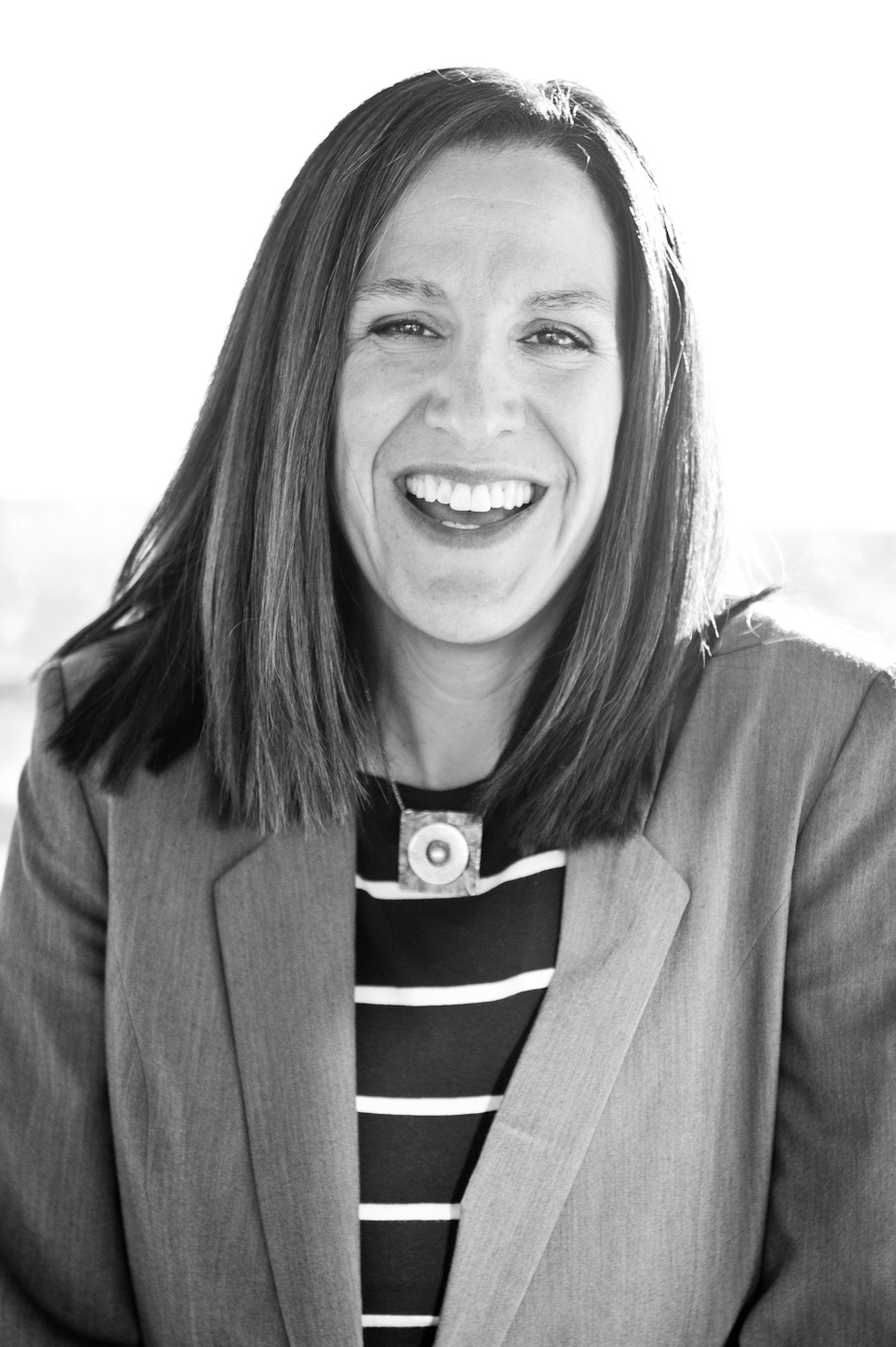 Adrienne Leslie-Toogood
Adrienne Leslie-ToogoodDr. Adrienne Leslie-Toogood works with elite athletes in Manitoba. When the pandemic hit, those athletes were spread out across the world, some unable to return home. In response, Dr. Leslie-Toogood launched the #TerrificTuesdays Zoom therapy sessions, a podcast, a book club, and much more to connect athletes across levels, disciplines, and the world.
Adrienne Leslie-Toogood
“I learned what it’s like to do something for the last time and now know that it’s not about doing it perfectly but about the privilege of getting to do it and staying connected to my why.”
- Leanne Taylor, Canadian paratriathlete, #TerrificTuesdays
Dr. Adrienne Leslie-Toogood is sitting on a Bosu ball during our Zoom chat. This suddenly seems like a pretty great idea – a way to maintain a little bit of physical fitness during that portion of our days when we are most sedentary in front of our computer cameras. This may not have been Dr. Leslie-Toogood’s motivation for choosing the Bosu ball – there is a perfectly serviceable office chair right next to her – but that chair has been commandeered by a rather presumptuous dog. The presence of a dog enhances any Zoom call, and so this is a perfectly acceptable arrangement.
The pandemic has forced us all to figure out acceptable arrangements, the kind we might not have imagined a year ago. Very often those new arrangements turn out to be positive, and sometimes they break new ground. Such is the case with Dr. Leslie-Toogood’s work, and with her clients, many of whom are elite athletes across Canada and, currently, around the world.
Usually, those athletes are in their own little bubbles (not the COVID kind of bubble, but rather a “hardcore athletes striving for the same goal” bubble). Olympic athletes rarely interact with NCAA divers. Top-level gymnasts don’t tend to run in the same circles as paratriathletes. Even within the Olympic community there’s little crossover between say, cyclists and water polo players. That is, until now – when Dr. Leslie-Toogood and her team initiated #TerrificTuesdays, to connect elite athletes from all different sports, and all different levels, to support one another during the pandemic.
This involves weekly Zoom calls with NCAA players whose seasons have been canceled, Olympic hopefuls who missed out on a chance of competing at Tokyo in 2020, internationally ranked table tennis players whose tournaments have been delayed time and again, and basketball players in a tight bubble in Europe where their teams are located.
Those calls have been extraordinarily productive, as elite athletes from all walks of life connect virtually over great distances and share their experiences and their wisdom with one another. Dr. Leslie-Toogood and her team collate some of that wisdom and share it on the Canadian Sport Centre Manitoba Twitter account, @cscmanitoba, under the hashtag #TerrificTuesdays.
“We are all trying to be excellent people, but the path to that excellence is unique.”
- Michelle Sawatzky-Koop, Canadian volleyball player, #TerrificTuesdays
The #TerrificTuesdays program started to invite in outside guests, like dieticians to provide cooking lessons. Before long, it was being replicated in other programs across Canada as the athletes involved found it so helpful and productive. Now an expert on Zoom technology, Dr. Leslie-Toogood decided to expand her technological prowess even further.
She started a podcast.
Heroes In Our Midst is available - on her website www.drtoogood.com and features interviews with dozens of incredible Olympic and Paralympic athletes, coaches, referees, athletic therapists and more. What Dr. Leslie-Toogood wanted to do was to tell the story about the human being behind the performance. She says, “sport is not about how fast you run but about who you become in the process of trying to run fast.” The podcast series is really about who these athletes have become, as much as it is about their sport and their process.
“I love the freedom you get from riding a bicycle. I’m free to go explore anywhere in the world, anywhere there’s a road. I can go to the mountains. I can go find beautiful places. I can go fast and push myself. I really just love cycling for that.”
- Leah Kirchmann, Olympic cyclist, Heroes in Our Midst
Then there’s a book club for athletes – one of the books they read was Win In The Dark by Joshua Medcalf. Dr. Leslie-Toogood says “for me it was a metaphor for the time. So many athletes are training without anyone watching, doing a lot of work in the dark”. Like everything else, a book club is a tool for conversation. There’s more, but at this point it would be easier to list everything she is not doing than everything she is doing!
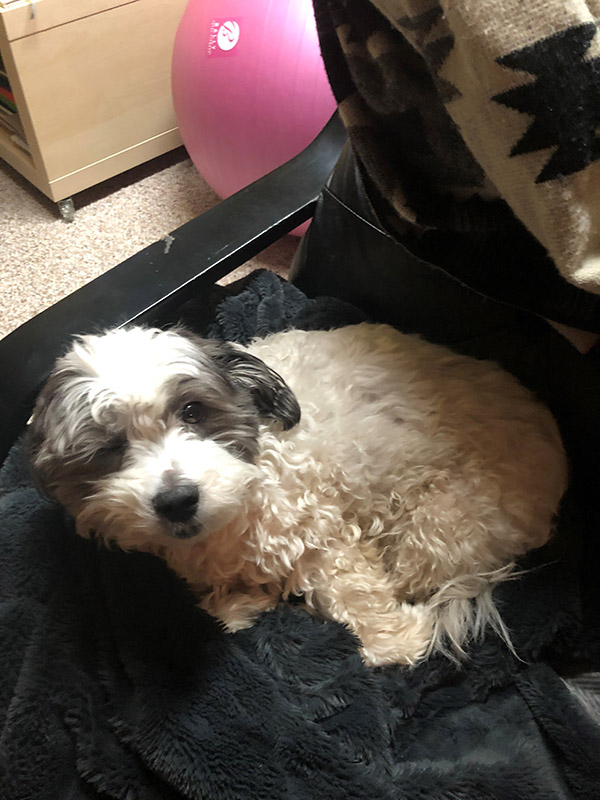
It’s all about creating community and connection. Dr. Leslie-Toogood has connections with athletes all over Manitoba and the world, but until now those athletes had little connection with one another. Now they’re dealing with a devastating global pandemic, the postponement or loss of some of their dreams, and the struggle to stay motivated while isolated or in quarantine. But they’re not dealing with those things alone. They are connecting with others going through similar experiences and sharing their stories in an effort to help as many people as they can.
One hopes that when life returns to a semblance of normality, some of these things will remain. It would be great if #TerrificTuesdays stuck around, and if the podcast series continued (there is a second season planned for April, featuring people in other disciplines with whom Dr. Leslie-Toogood works as well. Firefighters, teachers, RCMP, and more). And who can’t get behind a good book club?
One thing that will almost certainly evolve before the pandemic ends, however, is the relationship between Dr. Leslie-Toogood, her assertive dog, her comfortable office chair and her less-comfortable Bosu ball.
@cscmanitoba – twitter handle #TerrificTuesdays
https://cscm.ca/ - Canadian Sport Centre Manitoba
https://drtoogood.com/heroes-in-our-midst/ - Podcast
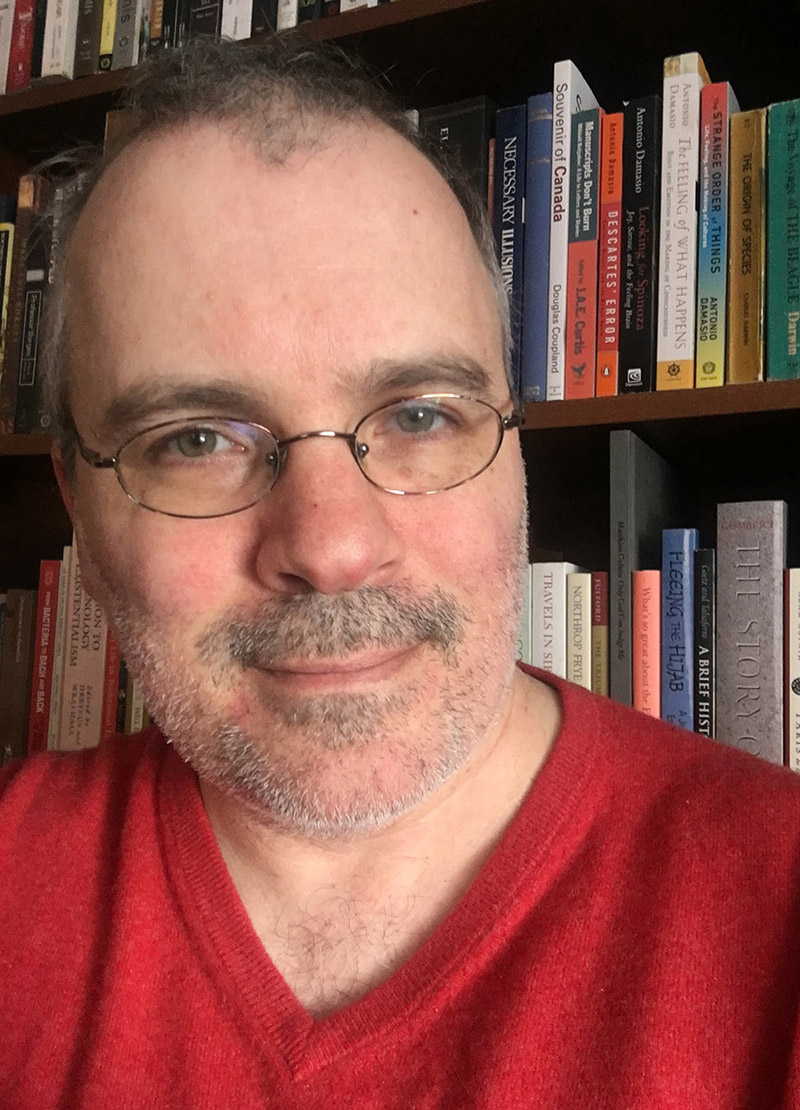 Andrew Ryder
Andrew RyderDr. Andrew Ryder helped prepare the Fact Sheet ‘Why Does Culture Matter to COVID-19’ for the CPA. An Associate Professor in the Psychology department at Concordia University, Dr. Ryder self-identifies as a ‘cultural-clinical’ psychologist, and the intersection of culture and the pandemic is in his wheelhouse.
Andrew Ryder
Why have some countries dealt with the COVID-19 so much better than others? How is it that others have fared so very, very badly? It’s not always as simple as good government vs. bad, or effective messaging vs. chaotic messaging. More often, it comes down to the people themselves. Do they tend to be rule-followers? Is there societal pressure to take public health seriously, and how do citizens of those countries respond to that pressure?
These are the type of questions that are of particular interest to Dr. Andrew Ryder. An Associate Professor and, currently, Associate Chair in the psychology department at Concordia University, Dr. Ryder self-identifies as a ‘cultural-clinical’ psychologist. His research is largely about how cultural context shapes mental illness like depression and anxiety. With COVID now, there are some new avenues to explore.
“I’ve turned my attention to whether culture may be involved in shaping physical illnesses, which we’re accustomed to seeing as strictly biological. Rather than retooling myself as a COVID-19 researcher, what I’ve been doing is applying the cultural-clinical framework to research that is being done by many of my colleagues.”
Of course, no country is a cultural monolith. Within every larger society are smaller cultural groups, each with their own ethno-cultural backgrounds, residing in different parts of the country and having different socio-economic statuses. And the difference between those groups in terms of combatting the pandemic can be stark, even within the borders of the same country. And on an even smaller scale, each individual within each community differs on their belief, approach, and conformity to the larger group ethos.
But let’s begin on the “macro” level – how might culture be involved in shaping physical illness?
“It’s an infectious disease, and an infectious disease that is socially transmitted. You have to get it from someone. Many of the things we are being told to stop the spread are behavioural. For example, wearing a mask. You might say ‘well that’s the same behaviour everywhere’, but it isn’t really. In Japan, Korea, Taiwan, it’s doing that thing you always do even when you just have the sniffles. For another cultural group it might be doing something absolutely novel.”
Then on the “meso” level – how might smaller cultural groups within those larger societies approach this?
“We know of some cultural groups where [mask-wearing] immediately seems like an imposition on liberty. Like there’s some kind of core cultural value that is violated by the government telling you to do something unusual. Your psychological state is different when you’re doing something that feels normal versus abnormal under the circumstances.”
What ends up happening, says Dr. Ryder, is that while we all feel like we’re doing the same things – mask wearing, social distancing – those things actually play out very differently for different people. He has spoken to some clients who were into the second week of lockdown before they even knew there was a lockdown. Computer programmers who lived in their basement and had their lives changed very little. Then there are others whose entire way of life was upended overnight.
So what, given the significant differences across cultures on a large scale and a small scale, should be done? Dr. Ryder co-authored a fact sheet for the CPA on Culture and COVID-19 with his colleagues Dr. Maya Yampolsky, Dr. John Berry, and Dr. Saba Safdar, that sought to answer that question. (‘Why Does Culture Matter to COVID-19’)
“An unprecedented number of people worldwide are concerned about the same disease and are experiencing broadly the same distancing measures. As such, there may be a temptation to focus on the similarities. At a minimum, policymakers, healthcare workers, and the public at large should keep in mind that the pandemic experience may be very different for different people. These differences are shaped by the society in which one lives, the communities of which one is a part, and culturally-shaped individual variations. Complicating matters, appreciation for difference does not mean treating all responses equally when it comes to effectively mitigating a pandemic. Clearly, some cultural patterns are more effective than others.”
Cultural differences seem to be enormous factors both in containing the spread of COVID-19 and in accelerating it. Some countries are doing exceptionally well, others not so much. And no one factor can determine why but Dr. Ryder points to a few factors. One is the “tightness” of a society, meaning the level of uniformity and narrowness in that society’s understanding and expectation is when it comes to rules, norms and customs. This seems to correlate directly with the degree to which that society accepts and implements public health guidelines. Another is “relational mobility”, which is a measure of how much people move around, and especially how much they move around between various social groups. This tends to correlate with the speed of the spread in those societies.
Never before has there been an event like the COVID-19 pandemic that can highlight the cultural differences in communities, cities, regions, and countries around the world, in terms of how they respond. For self-identified cultural-clinical psychologists like Dr. Ryder, that presents a whole new fascinating series of studies upon which to build his understanding and his work.
His attention is now turning toward cultural variations in how we will recover. Who will bounce back first, and who will bounce back better? How will the logistics of vaccines be handled, and how will those logistics intersect with public concerns about those vaccines? More than anything else, Dr. Ryder’s interest is in the long term. How effectively will different people in different societies respond to the crisis, learn from it, and be better prepared down the line for any future similar outbreaks?
Some of those questions are being answered right now, others will take some time before a larger picture emerges. In the meantime, each of us is fighting a devastating global disaster in our own way. It’s the difference in the ways each of us fight it that could be most illustrative in mitigating potential future damage the next time something like COVID-19 occurs.
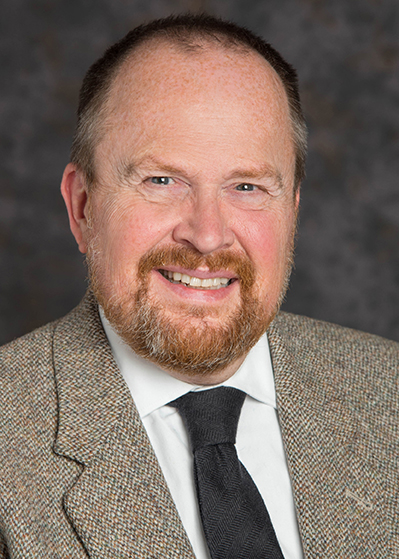 Ian Nicholson
Ian NicholsonDr. Ian Nicholson is the Manager for Psychology and Audiology at the London Health Sciences Centre (LHSC), and a former President of the CPA. As with most hospitals, the LHSC has had to change many of their practices since early 2020, including the way they deliver instruction as a teaching hospital.
Ian Nicholson
It is a tough time to work in a hospital. Hospitals are, of course, one of the first places to have felt the effects of the COVID-19 pandemic. Even those that are not currently nearing capacity are well aware that an increase in COVID-19 cases in their community could suddenly make beds scarce. Across Ontario, they are planning ahead for this by ensuring there are beds available, all the while dealing with patients in as safe a manner as possible and supporting vaccination clinics for the rest of the community.
London Health Sciences Centre (LHSC) is one of those hospitals. In addition to juggling advance planning, vaccination, and the safety of staff and patients, it has a few other balls in the air as well. An acute care teaching hospital, they have changed the way instruction is delivered across the board. They are also a children’s hospital, and provide a broad range of other physical and mental health acute care services, all of which have had to make major alterations as a result of COVID-19.
Much of this comes under the purview of Dr. Ian Nicholson, the Manager for Psychology and Audiology at LHSC. While COVID-19 in London was not, at the time we spoke, overwhelming the hospital and pushing it to capacity, LHSC was accepting patients from elsewhere in the province where the strain was more severe, and the possibility that such a thing could happen in London was always in the back of everyone’s mind. This means that Dr. Nicholson has to perform a delicate balancing act between keeping his staff safe, both physically and mentally, and providing psychological services to the patients that come through his hospital. Said Dr. Nicholson,
“The primary difficulty from a management standpoint is the balancing of the need to provide psychological services to patients in a way that is both safe to the patients as well as safe to staff. Given the broad ways in which psychologists work with patients in acute care hospitals, that means a broad range of strategies that have to be used to keep everybody safe during this pandemic.”
Those strategies are myriad, and most involve virtual technologies. Students who do not require work hours in a hospital to graduate are not going in. Psychology Residents are being trained to provide care virtually, often by teachers who are themselves just learning how to deliver virtual care. The supervision of residents and their educational activities are also being done virtually. The team of psychologists is still going into the hospital itself for work, but providing much of their expertise virtually, from offices elsewhere in the building.
Dr. Nicholson still goes in to the hospital every day. He gets screened at the front doors, just like the rest of the staff and the patients who enter the building. He spends the bulk of the day in his office, as he did before. The biggest change he sees in his own job is that he misses the casual discussions that would occur thanks to a chance meeting somewhere in the hospital – walking down the hallway, standing in the cafeteria line, those quick chats about a new idea or a new approach.
“In management, very often you have the meeting, but then you also have the chat before the meeting, or the meeting after the meeting to follow up on one of the items. Those things aren’t happening as much now. When you have these virtual meetings (we use WebEx at my hospital) there’s very little opportunity for schmoozing or chit-chat. This makes it more difficult to have the conversations you normally would around other things.”
Much like psychologists in other hospitals, one of the things Dr. Nicholson is seeing in staff is the impact this pandemic is having. Not that they are putting in longer hours than they normally do, but the added layers of protection mean that every procedure, every intake, is a little more difficult now. Constantly thinking about the pandemic takes its toll, as does being prepared for a wave that could come at any time. And, like elsewhere in the province, the pandemic is affecting both the home and work lives of all staff. Thankfully, he believes we are rounding this corner with something of a light at the end of the tunnel – a light that starts at the London Health Sciences Centre.
At the direction of the Government of Ontario, the hospital has set up a vaccination clinic, and they are vaccinating people as quickly as they can, as much as their supply allows. Based on direction from the Ministry of Health, the health units are prioritzing staff and residents of long-term care facilities, but are hoping that with more vaccine supply they can move on to the hospital staff and physicians shortly.
When the end of the pandemic does come, it will be thanks to the efforts of hospitals like London Health Sciences Centre. On that day, it will still be tough to work in a hospital. But rather than being the place where they watched the pandemic begin, they will be able to look at their workplace as the place where it began to end.
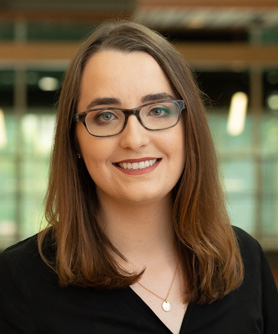 Chelsea Moran
Chelsea MoranChelsea Moran is a PhD student in Clinical Psychology at the University of Calgary. Along with her supervisor Dr. Tavis Campbell, the bulk of her research has been about behavioural medicine – adherence to health behaviours. That research took a fortuitous turn when the pandemic began in early 2020.
Chelsea Moran
“People are more likely to adhere to physical distancing behaviours when their motivations were that they wanted to protect other people, and they wanted to protect themselves. That they want to contribute to the overall well-being of their community. Given that information, although we can’t say for sure, theoretically public health messaging that incorporates those pieces can increase adherence.”
Okay…neat. So public health messaging should focus on keeping the individual safe and keeping their community and everyone around them safe. Seems reasonable. But what is the alternative? What other messaging could there possibly be during a global pandemic if it isn’t to keep your friends and neighbours and yourself safe from the virus? It turns out there is a lot more nuance that that!
Chelsea Moran is a PhD student in Clinical Psychology at the University of Calgary. Along with her supervisor Dr. Tavis Campbell, the bulk of her research has been about behavioural medicine – adherence to health behaviours. Before March of 2020, that meant things like finding ways to promote physical activity and encourage sticking to medication regimens among people with chronic illnesses, like heart disease.
When the pandemic hit, Chelsea and Dr. Campbell thought that the work they had been doing on adherence to personal health behaviours could be applied to adherence to public health behaviours. What makes a person stick to a plan? What motivates them to continue doing the thing that will keep them alive? And how does that translate from the individual level to a community, public space?
Chelsea’s focus is now on the factors that promote adherence to COVID-19 public health guidelines, like physical distancing, mask wearing, and the like.
“We’re looking at individuals, and their day-to-day decision-making processes surrounding these things, and then using that to inform some of the wider public health campaigns that everyone is being exposed to.”
In their research, Chelsea, Dr. Campbell and collaborators Dr. Adina Coroiu and Professor Alan Geller discovered that adherence to physical distancing guidelines was motivated by two main factors. In a survey of more than 2,000 people globally, they found that the desire to protect oneself and the desire to protect other people were (surprisingly to the researchers) almost equally motivating factors.
So back to the messaging. Showing people that wearing a mask and sticking to a tight bubble keeps them, and other people, safer seems to be the way to go. This messaging can work. But what are the alternative messages? What might the media, public health officials, and politicians be saying that doesn’t work? What other message IS there?
What Chelsea has been seeing, and what Dr. Campbell has been showing in some of his own work, is that much of the public messaging can sometimes have a fear-based component. There’s a big difference, as Chelsea points out, between a message that says, “wearing a mask makes you less likely to infect your neighbour”, and “not wearing a mask could kill your neighbour”. The message often is that if the guidelines are not followed, the cases will go up and there will be more death as a result.
While fear can be a motivating factor in the short term, in the long term it doesn’t help. This is true of individual health behaviours as well. It’s much easier to get someone to be healthier by emphasizing the positive benefits to their well-being that come from exercise, rather than telling them “if you don’t exercise you will have a heart attack”.
Another thing Chelsea, Dr. Campbell and their team discovered in their survey was one of the sources of motivation to break the rules – to go against public health guidelines. It wasn’t surprising, but it was good to have it quantified in data, that loneliness was a significant factor in people eschewing physical distancing rules. Chelsea lives alone, and she has been feeling that loneliness as well. Her family is in Ottawa, her partner is in Toronto, and while they connect on Zoom and Skype and FaceTime and all that, it’s tough not to feel a little disconnected.
Chelsea’s practicum placement is at a hospital – one in which she has never set foot since she provides clinical services virtually or over the phone. She has met her clinical supervisor in person once, in September. Chelsea has to stay in Alberta, because that’s one of the provincial rules – even virtually, you must physically BE in Alberta to see clients in Alberta. And so she does. She says she’s grateful for the way the University of Calgary has made online learning accessible so quickly, and once she’s done,she may move to Toronto to be with her partner. For now, they make do.
“We have a standing phone date. He has about an hour commute on the way home from work, so we connect over the phone, catch up, and debrief on how our days went. And then FaceTime and Zoom are good because they provide that visual feedback, the non-verbal support from people.”
Chelsea is staying put. As a trainee, she’s seeing people via virtual platforms, doing school online, and generally coping with a solitary existence for the time being. She wants to keep herself safe, and wants those around her to stay safe as well. That motivation thing is really working!
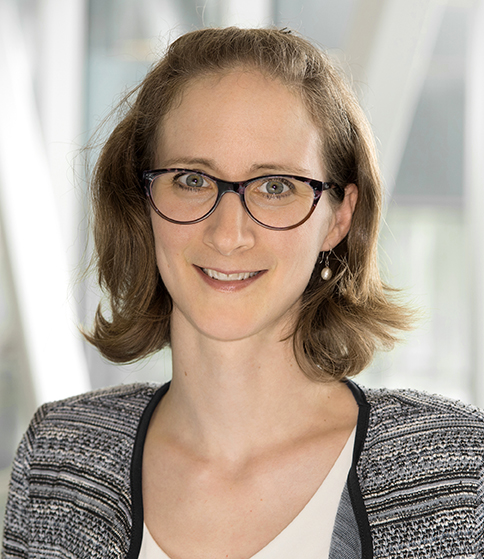 Gabrielle Pagé
Gabrielle PagéDr. Gabrielle Pagé works with people experiencing chronic pain. During the COVID-19 pandemic, she and her team have had to pivot to a number of different forms of care. They have discovered some expected results among those suffering from chronic pain, but also some real surprises.
Gabrielle Pagé
“Chronic pain has always been one of the more neglected areas within the health care system. Within the context of the pandemic, we didn’t expect that to improve – rather, the opposite.”
Dr. Gabrielle Pagé is an assistant professor in the Department of Anesthesiology and Pain Medicine at the Université de Montréal. She is also a clinical psychologist working out of the Montreal General Hospital specializing in chronic pain conditions. When COVID-19 struck, Dr. Pagé and her team decided now was the time to move more toward an advocacy role, to inform the public about chronic pain, and to make this a larger part of the overall health care discussion.
They began by launching a Canada-wide survey of people experiencing chronic pain, and found out that over the first few weeks of the pandemic and the lockdown, 2/3 of them reported that their pain was getting worse. This was in April-May, right as the first wave was rising across all provinces. The idea that most people’s chronic pain would get worse at this time was an expected result given the magnified difficulties to access pain treatment, increased stress and social isolation.
What was less expected – and almost shocking for Dr. Pagé and her team – was that a small group, 5-10% of respondents, actually reported that their pain had been lessened during this time.
Stress is a big predictor of the severity of chronic pain. When patients are stressed out, they experience more pain – more pain leads to more stress, which leads to…well, you get the idea. So it was very surprising that such a large number of people reported an improvement. Maybe they were going for walks, taking the time to connect with family members, or were laid off from a job that had been causing the bulk of their stress. Dr. Pagé can’t say what the cause is, or was, but she is determined to find out.
As I’m speaking with Dr. Pagé, her team is wrapping up a follow-up study to the one they conducted in May. Will the outcomes be similar, or will something new present itself? They should know soon enough. Also, as we’re speaking, Montreal is entering Day One of the big winter lockdown. Curfews in place, all non-essential businesses closed, and the multidisciplinary pain clinic in the Montreal General Hospital is deciding how to move forward.
Dr. Pagé’s clients, for the most part, have been receptive to virtual therapy. Even the group therapy programs which were a concern seem to have adapted well.
“The social bond, the connection that they make and just being around other people who get what it’s like to have pain every day, is one of the central elements of group psychotherapy in chronic pain. So we were wondering how that would translate into a virtual format, being able to see people only through a screen. We’re doing a qualitative research study around this. And while it’s very preliminary, so far it appears that the screen is not a barrier for them to create bonds between one another.”
Because of the nature of the work, however, many of Dr. Pagé’s clients either don’t have access to computers, phones, or tablets – or are unable to use them. For this reason, the clinic has moved to a more hybrid form of care. Group sessions and many individual meetings are still conducted online, but for those who are unable, or uncomfortable doing so, the clinic remains open for in-person masked and distanced visits. While it`s great to be able to offer this service, it`s quite a challenge to demonstrate presence and empathy during therapy through a mask and face shield!
This means Dr. Pagé still goes into the hospital, in one of Canada’s COVID hotspots. She gets screened for symptoms at the door goes through the protocols every time and then she goes home to an 8-year-old who is, at the time of this writing, doing virtual schooling, and a 4-year-old boy going to daycare.
It can be a demanding situation. Thankfully, Dr. Pagé does not experience chronic pain herself. But she is doing everything she can to collect data and get the message out. It’s stressful to have pain. And it`s painful to be stressed. There is a vicious cycle there, and one that is under-recognized in the overall health care system. A system that is starting to realize, more than ever before, where all those gaps lie.
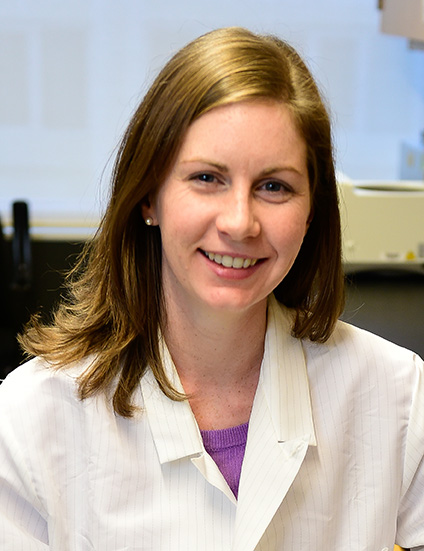 Jenn Gordon
Jenn GordonDr. Jenn Gordon is an associate professor at the University of Regina, and a Canada Research Chair in the bio-psychosocial determinants of women’s mental health. A study she conducted at the beginning of the pandemic identified a major gap in how women in academia were faring during the pandemic compared to their male counterparts, especially among those with young children.
Jenn Gordon
The pandemic, and the resulting lockdown, has not affected everyone equally. This is true across nearly every demographic, including the most highly educated among us. In a survey of almost 1,000 academic faculty members, it was found that parents of young children were less productive and worse off all around – especially, and most significantly, women who were parents of those young children. Women like Dr. Jenn Gordon.
Dr. Gordon is an associate professor at the University of Regina, and a Canada Research Chair in the bio-psychosocial determinants of women’s mental health. She is also the mom of three very young children. Her husband is an accountant. That meant that when the pandemic first started, causing lockdowns back in March of 2020, Dr. Gordon’s husband was in the thick of a suddenly more complicated tax season.
With her husband working long hours preparing taxes, their children gravitated toward Mom – even though Mom had a huge amount of work to do herself. In addition to her work with the University of Regina, the research she does on the effects of estrogen on the mood of menopausal women, and her work with the Women’s Mental Health Research Unit, Dr. Gordon is also the editor for the Health Psychology and Behavioural Medicine newsletter at the CPA. It was the section newsletter that sparked the idea for this study.
Dr. Gordon and Dr. Justin Presseau, the Chair of the Health Psychology and Behavioural Medicine Section, were discussing article ideas for the newsletter. Dr. Gordon says,
“I suggested a piece that talked about academics, and the tough time that faculty are having. Particularly around parenthood, and juggling having kids at home while working and that sort of thing. [Dr. Presseau] suggested that instead of just a piece, why don’t we survey profs across Canada and ask how they’re doing. So we did.”
Almost 1,000 professors responded to the survey, and many of the results were as expected. Most experienced a decrease in work satisfaction, in productivity and publications and grant submissions – with data collection being totally on hold at that time. What was more surprising however, was the size of the gap in those areas between academic faculty who had kids under the age of 13, and everybody else. And then the even bigger gap between men and women who were parents to those young children.
Women were worse off compared to men. Fewer grant submissions, fewer first-author publications, and an ever-widening gap in work satisfaction. Dr. Gordon acknowledges that this survey represents only a slice in time, a snapshot of where we were when the pandemic and the lockdowns began. A follow-up study is in the works, to see whether these effects diminished over time or increased. Her situation today hearkens back to concerns Dr. Gordon had when she first decided to become a researcher several years ago – the idea of work-life balance.
“Could I have a family if I was a researcher, would I have to give up my life? I was always flip-flopping, but over time I decided that I really love research, and the choice became clear.”
While she found that work-life balance soon after embarking on a career in research, specifically research into hormone levels and estrogen levels and how they affect the mood of menopausal women, the pandemic has altered that balance significantly – both for the participants in her survey, and for Dr. Gordon herself. But it has also provided her with an interesting, and timely, research study that, depending on how long the pandemic lasts, might produce more studies down the road on academic faculty, gender disparities, and work-life balance for parents of young kids. Parents like Jenn herself.
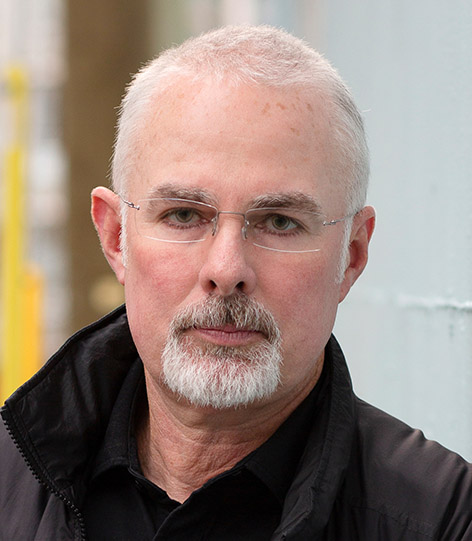 Steven Taylor
Steven TaylorWe kick off Psychology Month 2021, Psychology And COVID, with a profile of Dr. Steven Taylor. Dr. Taylor’s book ‘The Psychology of Pandemics: Preparing for the Next Global Outbreak of Infectious Disease’ was published in October of 2019
Steven Taylor
“I knew a pandemic was coming, we all did. But I didn’t think it would be quite so soon.”
When Dr. Steven Taylor says “we all” knew a pandemic was coming, he means infectious disease experts, world health authorities, epidemiologists and mathematical modelers - and psychologists like him, who work in this space. He does not mean the rest of us – the general public who were, for the most part, blissfully unaware that such a global disaster was looming. Those of us who thought of pandemics and epidemics as something that devastated one part of the world while staying mostly contained to that region. Ebola, SARS, H1N1 – we’ve lived through those and, as regular Canadians, they haven’t changed our lives a whole lot.

This time, the pandemic has changed our lives. And although he saw it coming, Dr. Taylor was not exempt from the disruption. Of course clinical work, teaching, research, and interviews have all been moved online. This is something for which Dr. Taylor’s unit was better prepared than some others – but it is his leisure time passion that may have taken the biggest hit. He loves scuba diving and super-macro photography. In December, when news of the pandemic first broke in Wuhan, he was in the Galapagos taking extreme close-up portrait photos of colourful sea slugs and other marine life. Thankfully, there is some interesting marine life to photograph off the coast of BC, but those opportunities are understandably fewer and farther between than they once were.

Dr. Taylor’s initial publisher was one of us regular people in the sense that they thought of a global pandemic as an ethereal, far-off concept. When he wrote his book The Psychology of Pandemics: Preparing for the Next Global Outbreak of Infectious Disease, his American publisher rejected it. Who wants to hear about some unlikely hypothetical catastrophe anyway? Thankfully, a second publisher thought there was some value there and agreed to publish the book. It came out in October. Of 2019.
It is the first comprehensive look at the psychology behind every aspect of a pandemic. The initial public response. Panic buying. Conspiracy theories and xenophobia. Adherence to, or refusal to follow, public health guidelines.
“What really surprised me was that all the phenomena that had been described previously unfolded almost like clockwork throughout 2020. It’s one thing to synthesize the historical literature and say X, Y, and Z are what happens – it’s a completely different thing to see those things happening in real time. That’s the astonishing thing for me – that everything that has happened before is happening during this pandemic, except on a grander scale and faster.”
Dr. Taylor points to the 24-hour news cycle, social media, and the fact that we are all digitally interconnected as the reasons for the acceleration in behaviours humanity has seen before. There was a major backlash against a public mandate to wear masks back in 1918 during the so-called ‘Spanish Flu’ outbreak. There were conspiracy theories during a Zika virus epidemic a few years ago that never really went away, and are being recycled today as the conspiracy theories we see pop up on our Facebook timelines related to COVID. All that was old is new again.
“There’s a very interesting article from the New York Times in 1918 where they cited one of the health authorities. He thought there was some credence to the theory that the ‘Spanish Flu’ was being caused by German U-Boat submariners coming to shore in Manhattan, getting out of their U-Boats, and going into cinemas to spread germs.”
It is stories like this, and interviews with epidemiologists and disease modelers, that convinced Dr. Taylor that The Psychology of Pandemics was an important endeavour. Those interviews, and those stories, resurfaced in 2018 with the centenary of the 1918 flu pandemic. As he absorbed those stories he realized that a plurality of infectious disease experts believed that there would be a global pandemic within the decade. And that it would be a flu, likely caused by a corona virus. Dr. Taylor also recognized that there was a surprising lack of psychological literature on the subject.
“It’s all psychological. Psychology is essential to the spread of these diseases – that is, people choosing to travel – and also essential to containment, because all containment measures require people to do agree to do stuff. Agree to wash your hands, to cover your cough, to get vaccinated, to wear a mask, to maintain physical distancing.”
Dr. Taylor and his team have, of course, been staggeringly busy since the first mention of the virus in Wuhan, and have been studying the psychology of COVID-19, specifically, since December. They have published 6 or 8 papers, and have another 5 or 6 under review (it’s tough to remember exact numbers when you’re doing so many!)
“There has been more research conducted on pandemics in the past 12 months than has been conducted for all other pandemics in the history of human existence.”
There is now enough material for a second Psychology of Pandemics book, describing how all the phenomena we see are interconnected. From vaccination non-adherence, to mask rebellion, to disregard for distancing, to COVID-related emotional distress, excess alcohol consumption, and general coping during lockdown. None of which is particularly new, but all of which has a new context and better data and can build on the historical findings laid out in the first volume.
Dr. Taylor believes that people are resilient, and that we are not going to be wearing masks for the rest of our lives or becoming germophobes. We will one day get back to doing the things we love to do, even though that is likely to come too late for him to take his scheduled scuba diving trip in South Africa in June.
There will, however, be another global pandemic. Hopefully it is decades away, and not two months after the release of Volume 2 of The Psychology of Pandemics. But when it does arrive, we will be better equipped, as global citizens, to handle it. We’ll be more prepared thanks to the work Dr. Taylor did putting together the historical information last year, and the work he and his team are doing to learn everything they can this year.
Will the follow-up book be called The Psychology of Pandemics Volume Two: I Told You So? Almost certainly not. But it could be.
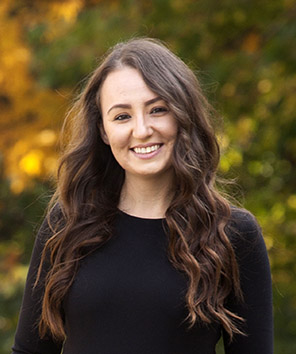 photo credit Bianca Sabatini Photography
photo credit Bianca Sabatini Photography
Kaytlin Constantin is the CPA Campus Representative at the University of Guelph. She’s helping children get over their fear of needles, and looking forward to a return to kickboxing competition.
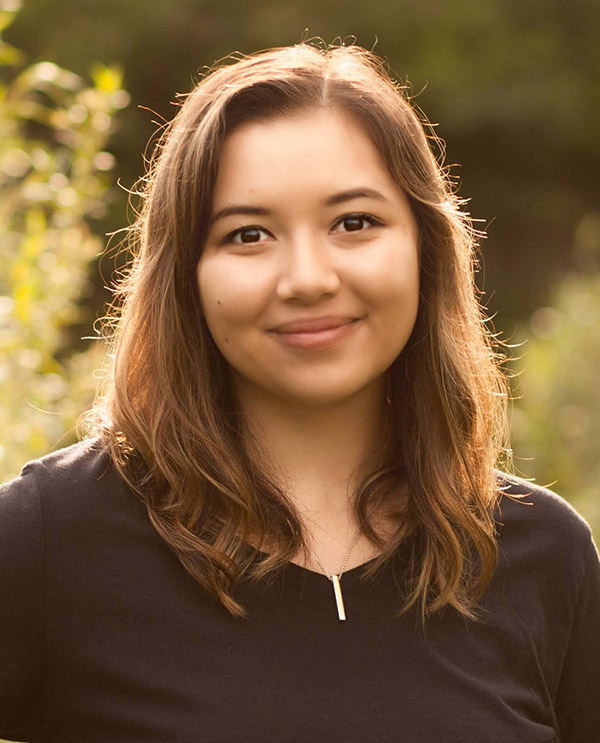
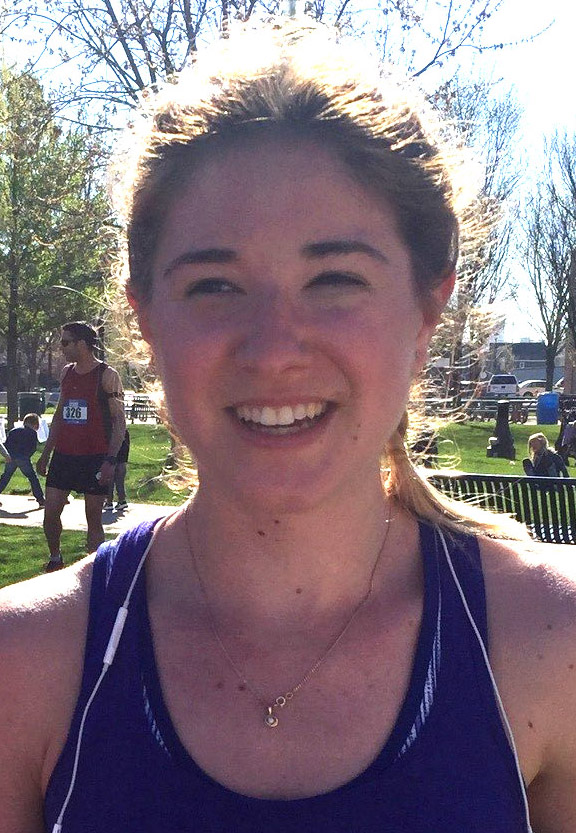
A graduate student at the University of Alberta, Emily Cruikshank mentors Ryerson University undergrad student Lucy Muir. The CPA’s Student Mentorship Program is one of many things Emily and Lucy have in common.

Alejandra Botia is the Chair-Elect of the Student Section of the CPA, and the Student Representative on the CPA Board of Directors. She is also a competitive swimmer and a salsa dancer.
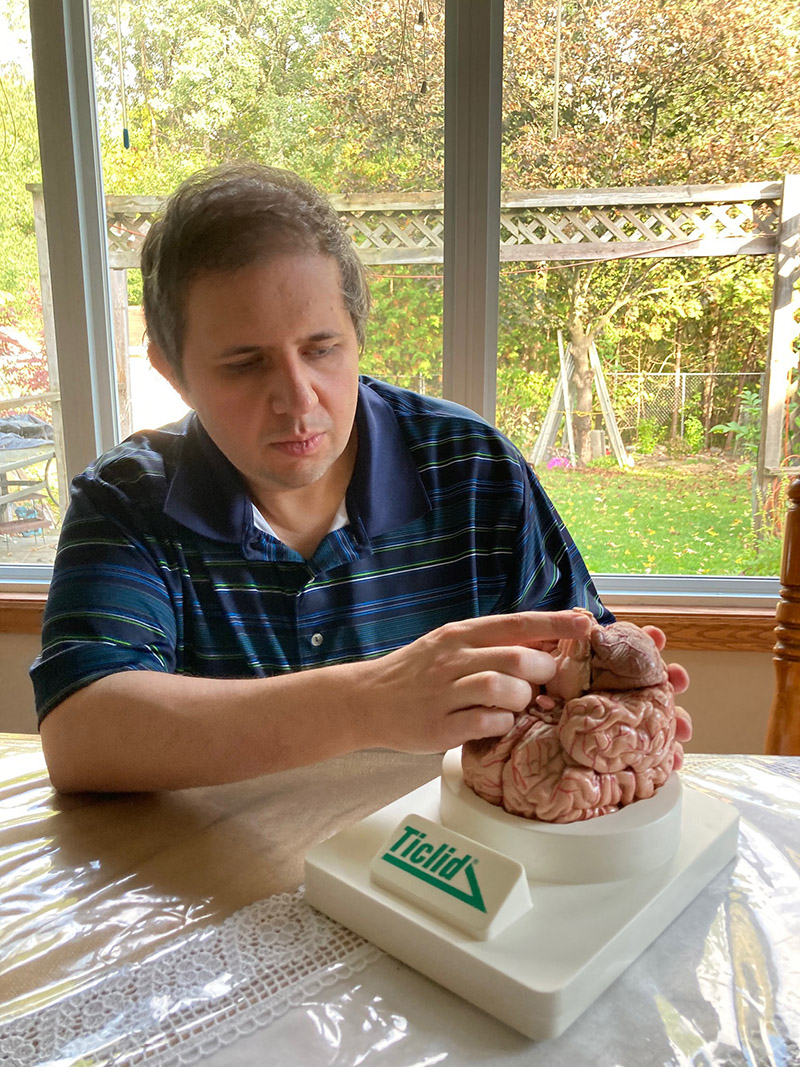
You might recognize Chris Schiafone from convention presentations and online workshops he has done for the CPA on accessibility for the visually impaired. Chris is the CPA Student Campus Rep at the University of Guelph-Humber, and is currently joining us all in mourning the loss of Eddie Van Halen.
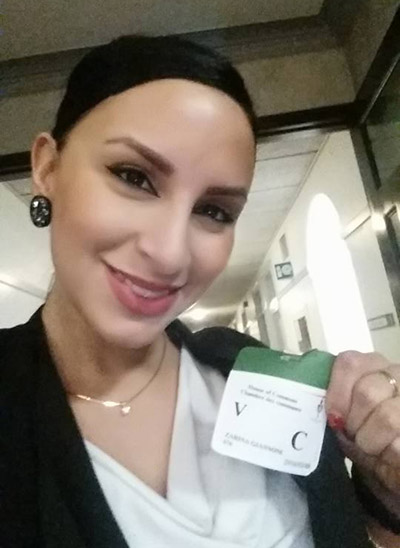
Zarina Giannone has seized every opportunity presented to her – CPA Student Rep, Chair of the Student Section, Student Member on the CPA Board. She has also created her own opportunities, like when she created the Student Mentorship program that continues to this day.
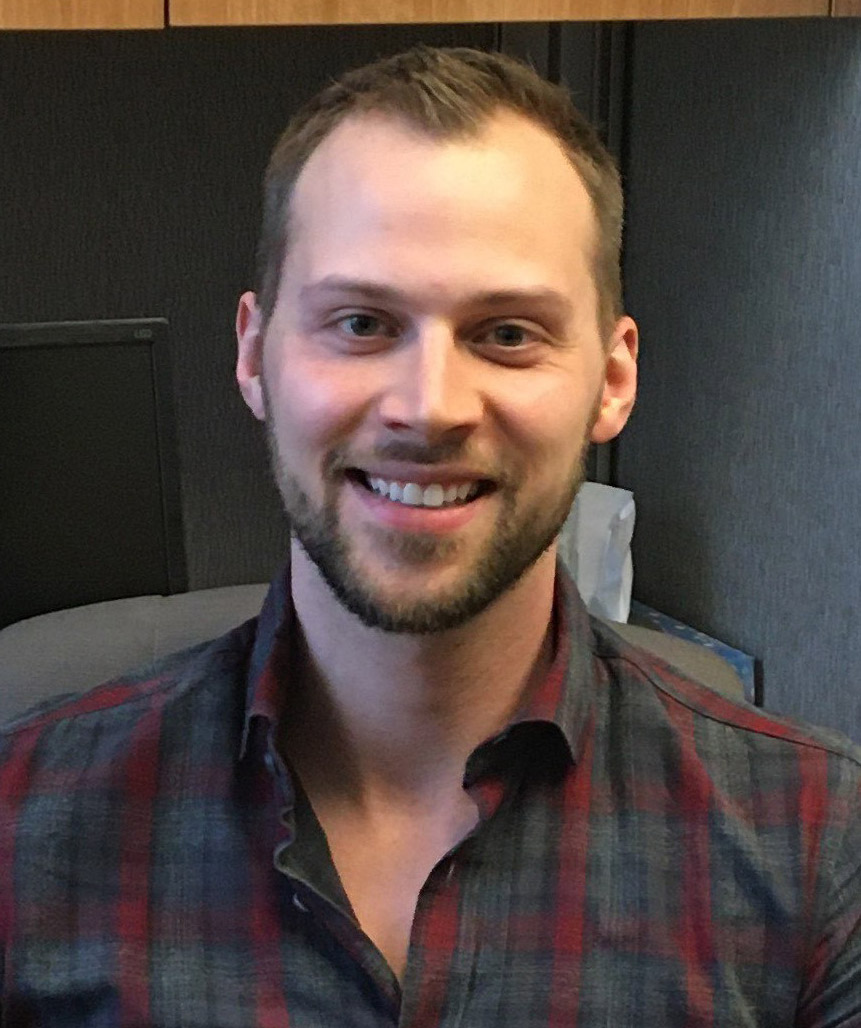 Konrad Czechowski
Konrad CzechowskiKonrad Czechowski was the recipient of the Jean Pettifor and Dick Pettifor award in 2019 for his work to include transgender and non-binary people in scientific studies.
Konrad Czechowski
Too often, trans and non-binary people are left out of scientific studies. Large data sets get collected, then split into the two largest (and therefore easiest-to-work-with) cohorts – men and women. So what to do with the trans or non-binary people who answered the survey, or participated in the study? Unfortunately, their data is often jettisoned in the process of simplification. Konrad Czechowski is on a mission to fix that. And it was this project that earned him 2018’s Jean and Dick Pettifor Award from the Psychology Foundation of Canada.
The estate of Jean Pettifor established a scholarship fund for graduate student research. The award supports graduate student research projects in the area of professional ethics with respect to the practice of psychology. It is designed with a special focus toward diversity – as examples they cite ethnicity, gender, and disability.
Konrad hopes to figure out a good method to ensure that trans and non-binary people are included in psychological research, and the right way to go about doing it. What kind of terminology and questions might offend them? How can researchers design their studies to make this population feel included? How can we create experiments that are specifically designed in a way that this oft-marginalized group has a voice as strong as that of their cis-gendered peers? Konrad is on his way to figuring that out. Figuring things out is something he does well.
There are a few canards in psychology, and maybe the most common one is that psychologists know an awful lot about undergrad psychology students. This stands to reason – the most available group to any university student is their peer group and classmates. The bulk of the studies done by that cohort are done ON that cohort – and so is born a canard.
This is one of the data-collection issues psychologists must overcome once they start doing larger and more involved studies outside of a classroom. But while they’re in school, what to do? Konrad Czechowski had a pretty clever solution. Of course, he’ll tell you it was luck and happenstance. I happen to think it was good planning.
Konrad did a study on non-consensual condom removal. He became interested in the subject when media reports started mentioning “stealthing” – the secretive removal of a condom during sex without informing your partner. Those reports appeared to indicate that this practice was on the rise, that it was becoming a pervasive problem among young people and on college campuses.
That was good news for Konrad – he was already ON a college campus! The University of Ottawa campus, to be exact, where he had access to all those university students about whom these stories were being written. If you can’t get another group to participate in a study, create a study for the group you have!
https://journals.plos.org/plosone/article?id=10.1371/journal.pone.0219297
Konrad says his study was about “non-consensual condom removal” or, NCCR as the kids call it. It is NOT about “stealthing”, as the media calls it. The “non-consensual” part of the phrase is clearly the most important part.
A genial PhD student with a wide smile, Konrad is generally reserved and affable, with a quick laugh and a quick wit. His eyes twinkle when he talks about his childhood dream of becoming a professional volleyball player, doing the circuit somewhere in Eastern Europe. He’s charmingly self-deprecating when he talks about how he lied about his height to play his position, and how he realized that he would never grow the other foot he needed to fulfill that ambition. And his passion for the sport comes through in his eyes when he talks about his previous volleyball coaching experiences.
It’s in emphasizing the “non-consensual” part of NCCR that Konrad’s eyes harden. While his study on NCCR was designed for journal publication, he has become invested in seeing a change. He recalls the truly reprehensible message boards he encountered while researching this phenomenon, boards that insisted that men have a right to women’s bodies to be treated as they please. And sometimes much worse. While Konrad makes a point to say that this is not the only reason someone might engage in NCCR, or the most common reason, it’s clear he has been affected a fair amount by going down that particular internet rabbit hole. Given the high prevalence of NCCR he observed in his sample, he speculates that most perpetrators of NCCR may have a range of other motivations for perpetrating it, something he hopes to investigate in future research.
He even enlisted the help of a law scholar to write about the potential Canadian legal implications around NCCR, in the hope that it one day gets written more specifically into Canadian law. Given the high prevalence of NCCR he observed in his sample, he speculates that most perpetrators may have a range of motivations for perpetrating it, something he hopes to investigate in future research.
It was while studying NCCR that Konrad got his next idea for a study that can hopefully close some of the gaps in psychological research. The NCCR study surveyed 592 undergrad students, then split them into two groups – male and female. What did the men think of NCCR? Was it a different assessment than that of the women? How many gay men had NCCR perpetrated against them vs. straight women? All of this was available in the data set. They surveyed 153 men and 435 women, giving them a substantial set of data for both.
But what of the other 4 undergrads? The ones who, by virtue of being transgender or non-binary, did not identify as either a man or a woman? What do you do with their answers? There are a few options, none of them great. You can take the biological sex of their birth and lump them in with that group. You can leave those who identify as binary-trans with the current gender with which they identify. You can ask them to pick one or the other. Or you can, as so many studies do right now, just exclude them entirely from your data sample. The more often this happens, however, the less heard trans and non-binary voices will become. To Konrad, it didn’t seem right to exclude them from the study but it also didn’t seem right to force them into another group without telling them that’s what he’d be doing.
And so Konrad has embarked on his new project – how best to include trans and non-binary people in psychological research. His study on trans and non-binary data inclusion is just getting under way, partly funded by the Jean and Dick Pettifor Award he received last year. For the time being there are no results to show, but he hopes that when he’s done he will have created a more inclusive, leave-no-person-behind process for future studies of a similar nature.
In the meantime, he and two colleagues are putting the finishing touches on a three-pronged study that overlaps a fair amount. One is studying “ghosting” – the practice of, rather than breaking up, simply ignoring the other person and blocking them so they go away. Another is looking at the sharing of nude photographs, without the receiver’s consent.
Konrad’s portion is ‘disproportionate reactions to online rejection’. Much like his initial look into NCCR, this project stemmed from the truly startling things he heard from female friends. Rejection that leads to death threats, rape threats, stalking and escalating demands. (Send me more nude pictures or the ones I already have will be sent to your family and your employer and pasted all over school.) And his research has, once again, involved some disturbing and misogynist messages his participants shared with him, reporting on the threats they received after rejecting people online.
The three of them are hoping for acceptance to present their findings on this study at the CPA 2020 convention, and have submitted their symposium proposal. So you might see Konrad there, talking about the project he did while he was doing that other project and starting this third project. All of which had the perfect research subjects right there in the building – undergrad students! Konrad’s friends and his peers. And, one day, the students who will be sitting in his chair. Making the world a better place through studies of their own.
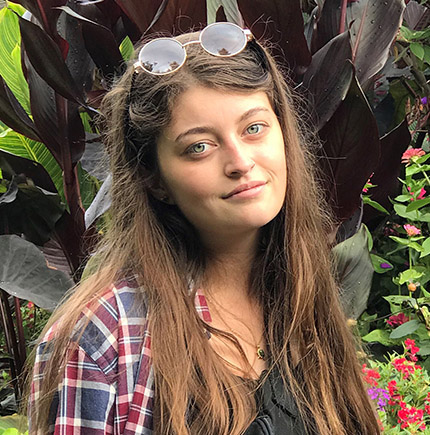
Angelisa Hatfield is the CPA’s Undergraduate Student representative for the University of Guelph–Humber …
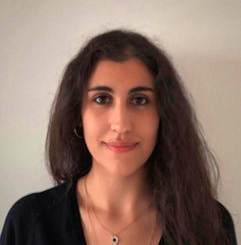
Ece Aydin is the CPA Undergrad Rep for the UBC-Okanagan campus. After a lifetime of travel, taking her from Turkey to Dubai to countries throughout Europe, this may be the first time she has spent three consecutive years in one city.
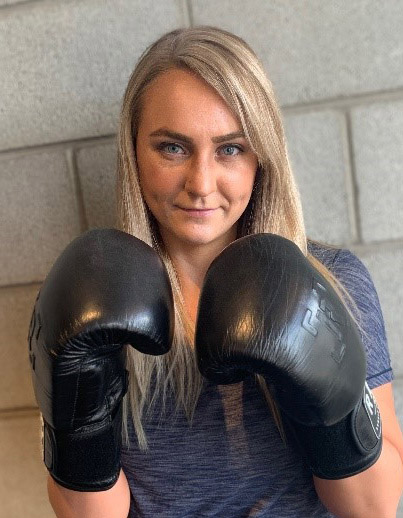
Melissa Mueller is the CPA’s Graduate Student Affairs Officer, collaborating with Graduate Student reps on campuses across Canada. She is also a boxer.

Nicole Boles is the CPA’s Undergraduate Student Affairs Officer, collaborating with Undergrad Student reps on campuses across Canada. She is also a Polish folk dancer.
Psychology Month Profile: Meghan Norris – The Canadian Handbook for Careers in Psychological Science
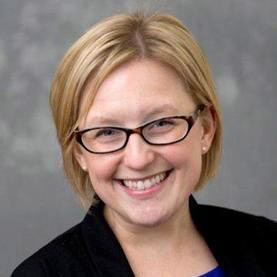 Meghan Norris: The Canadian Handbook for Careers in Psychological Science
Meghan Norris: The Canadian Handbook for Careers in Psychological Science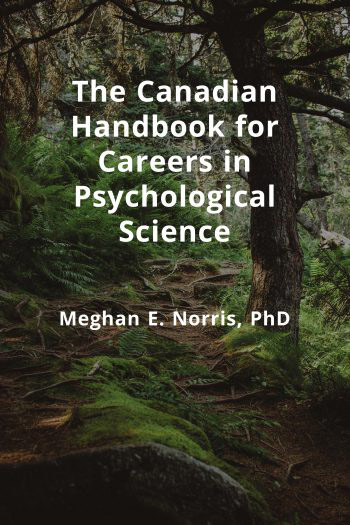
We’re closing out Psychology Month by connecting you with a resource that could help you with one of the career paths you may have read about in February. Dr. Meghan Norris’ open-source book The Canadian Handbook for Careers in Psychological Science.
Meghan Norris – The Canadian Handbook for Careers in Psychological Science
Throughout Psychology Month (February) we have been highlighting people who have completed advanced psychology degrees and gone on to work in a field outside clinical practice and academia. Some work in the aviation industry, like Marais Bester or Gregory Craig. Others are business owners, like Susan Underhill and Lauren Florko. And still more are government scientists, like Natalie Jones and Chrissy Chubala.
Part of this campaign has been designed to show people in general what psychology is, and what people trained in the discipline do all around us. Another goal has been to show students what a wealth of possibilities await at the end of a psychology degree. It is in this pursuit that our campaign has intersected with that of Dr. Meghan Norris, a social psychologist and the undergraduate chair in psychology at Queens University.
Meghan has created an open-source (FREE online) book, The Canadian Handbook for Careers in Psychological Science. It is a guide for psychology students featuring all the things she wishes she had known as a psychology student herself. This begins with obvious practical advice for the job-seeking student. The best way to construct an email, leave a voicemail, or ask for a letter of reference. It moves on to things that might not be top-of-mind. How to dress at a conference. Where to wear your nametag. Which plate is which at a formal dinner setting. And how to practice holding food in your left hand at a reception so your right is free for shaking hands.
The Canadian Handbook for Careers in Psychological Science contains a lot of information about the possible career paths open to those with a background in psychology. There is a list in the first chapter of all the skills upon which employers are currently placing a premium. They include skills related to leadership, teamwork, communication (written and oral), problem-solving, work ethic, initiative, adaptability, and analytic and technical skills. All areas where Meghan realized psychology students tend to tick all the boxes.
There are some practical and specific job possibilities included in the book, the way we’ve included them in our Psychology Month campaign. Community mental health worker (like Evangeline Danseco), grassroots organizer (like Amanda Parriag), community development (like Troy Forcier), program or project director (like Alexandra Thompson), policy analyst (like Natalie Jones), the list goes on and on. But it does more than that. The Canadian Handbook for Careers in Psychological Science is designed a little more like a roadmap.
As Meghan says, the earlier students start thinking about this stuff, the more opportunities they’re going to have. The work of career development is incredibly important, but it doesn’t tend to feel urgent for people. You can’t start networking a week before submitting a job application. Chipping away at small healthy behaviours when it comes to a career is a good thing to do as early as you can. And once you have started down the path to an education in psychology, a world of possibilities awaits.
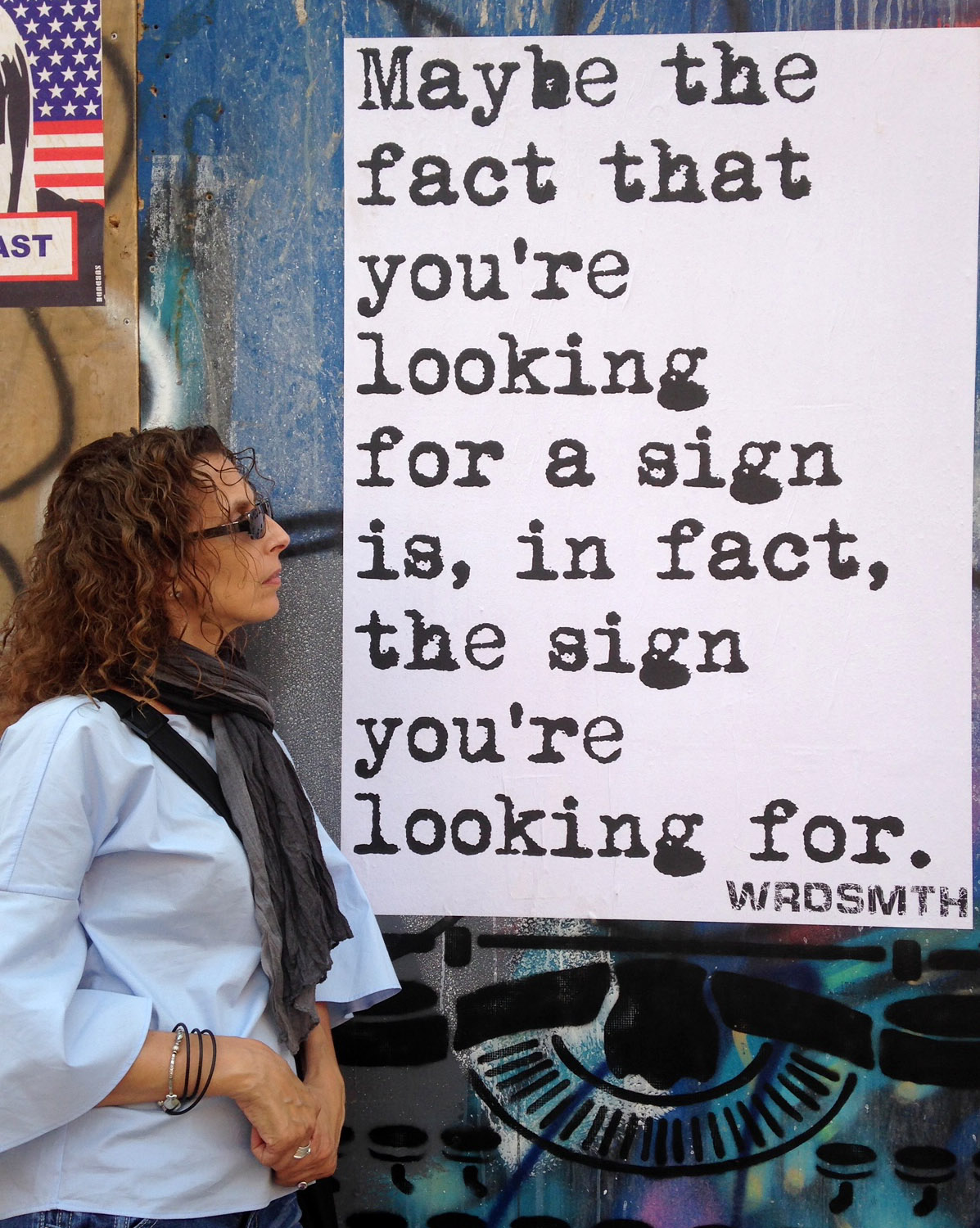 Leanna Verrucci
Leanna VerrucciThe Director of Marketing and Membership at the Canadian Psychological Association, Leanna Verrucci’s background in psychology has led her to jobs in TV, newspapers, travel, entrepreneurship, and now the CPA.
Leanna Verrucci
Leanna has a Master’s in Child Development from Carleton University, and that degree has carried her all over the world, from Toronto to Ottawa and then back to Toronto and then Ottawa. With quite a bit of time in Tuscany tucked in the middle. Leanna is the Director of Marketing and Membership at the Canadian Psychological Association, but her journey to get here has taken many turns.
She has worked in television, as a field producer and reporter for CBC TV and other stations. She started Food & Leisure newspaper here in Ottawa back in the 90s before selling it. She has been a hiking and biking guide, a communications professor, and the Director of Bespoke Travel. There were also stints as a Marketing Manager, a Senior Brand Manager, a Communications Director and, more recently, the Managing Director of Innovation and Entrepreneurship at Algonquin College.
It’s a lengthy resume, and it’s probably longer but I couldn’t be bothered clicking ‘next page’ on LinkedIn. I had just one question for Leanna – how does all this tie together, and how did psychology play a role?
“The one through-line in all my work has been communications. In television, newspapers, travel, and marketing it all really is about communication. In addition to learning how to do research and gather and analyze data, the main thing psychology taught me was how to speak to people, how to listen to them, and the right questions to ask. It’s important as a manager to know what motivates each individual, and how to play to their strengths.”
In the time she has been at the CPA, Leanna has built a cohesive and complimentary team. Yussra, with her sharp analytic mind and quiet persona. Kathryn, who has terrific people skills and a gregarious demeanour. I’m probably good at some stuff too. And, of course, Leanna - who holds it all together with spreadsheets, forward thinking, and strategic plans that make our lives easier and create an environment in which we enjoy coming to work every day.
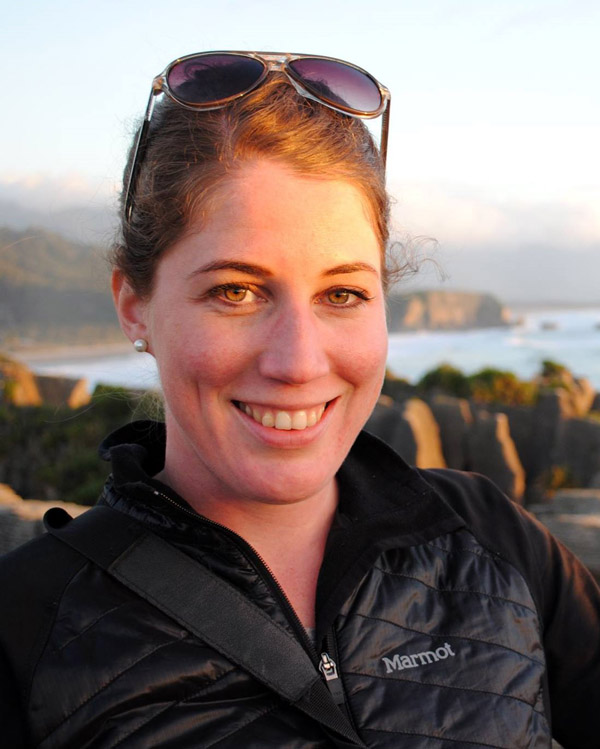 Leigh Greiner
Leigh GreinerAs the Director of Research and Strategic Planning for BC Corrections, Dr. Leigh Greiner leads a multi-disciplinary staff on a huge variety of evaluations, assessments, and projects.
Leigh Greiner
When she was in school, completing her PhD in Forensic Psychology at Carleton University, Dr. Leigh Greiner learned from experts in psychopathy, risk assessment, female offenders, sex offenders, youthful offenders, and more. All were areas of interest then, and all remain relevant to Leigh now as the Director of Research and Strategic Planning for BC Corrections. She leads a talented and diverse multi-disciplinary staff with backgrounds in mathematics, criminology, education, and many other disciplines.
“My education gave me a solid understanding of so many areas of forensic psychology, including where the field has been and where it’s going, and evidence-based practice more broadly in Corrections. As my role touches so many aspects of our business, this breadth of knowledge has been so useful, as have the relationships I built while completing my degrees—many of these relationships I have maintained in my current role and are people with whom I continue to work collaboratively today!”
Day to day, Leigh and her team are responsible for examining the effectiveness of correctional programs, assessing the need for new jails, providing data to inform policy or practice decisions, working to improve the quality and usefulness of the organization’s data, providing research expertise when developing new correctional programs…and the list goes on. Their portfolio is extremely large, and they are rarely left twiddling their thumbs.
It’s the variety that Leigh enjoys most.
“Every day is different, and each day brings new problems to dissect and analyze… and hopefully solve! I’ll admit that at times it can be challenging to juggle all the various demands placed on our unit, as we support the research and data needs of the entire branch. However, being part of an organization that values evidence and wants to make decisions based on data really makes my job easy. Being able to see the impact our work has on the organization and, though less directly, on the individuals in custody and those under community supervision makes the job very fulfilling.”
A wide scope of knowledge is great preparation for a wide scope of responsibilities. And in BC, from evaluating programs designed to help offenders to change their behaviour, to determining how effective body scanners are at detecting contraband, Leigh and her team are right in the thick of it.
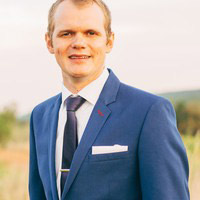 Marais Bester
Marais BesterIn the growing field of Aviation Psychology, PhD psychologists are increasingly being hired to help keep air travel safe. One of them is Dr. Marais Bester, a Manager of Assessments and Psychology at Qatar Airways.
Marais Bester
Despite some tragic news stories in the past few years, air travel remains the safest mode of mass transportation. It can seem otherwise, as plane crashes make the news far more often than motorcycle accidents and sinking boats. But a lot goes into putting planes in the air, and just as much effort goes into keeping people safe while they’re up there.
A lot of those safety protocols are the purview of a rapidly-growing discipline, that of aviation psychology. Dr. Marais Bester has been in that field for more than five years, since graduating with a PhD in Industrial Psychology from the University of South Africa. Seven months ago, he moved from Dubai to Qatar to become a Manager of Assessments and Psychology at Qatar Airways.
Working with a team of two other Industrial/Organizational Psychology PhDs, Marais is responsible for ensuring that the personnel operating Qatar Airways aircraft are healthy, supported, and working well with their teams. This begins with psychometrics for talent acquisition (the job interview process) and continues through talent development (workshops, trust, resilience and team building).
Pilots must be resilient and cope well with pressure. They also must be one of those rare individuals who are both meticulous rule followers and are able to think on their feet and act very quickly. The cabin crew must be open to diversity and embrace new experiences, and have a high aptitude for teamwork and cooperation.
Like the employees with whom he works, Marais is always learning and changing at his own job. He is implementing best practices and creating new standards all the time. He maintains membership in the British Psychological Society and the European Association for Aviation Psychology (EAAP), to connect with like-minded people in this quickly growing field.
After a tragic incident in 2015 when a German co-pilot took his own life, and the lives of his passengers with him, the International Air Transportation Association (IATA) has required airlines to have psychologists on staff. This is one of the reasons the field is growing so quickly around the world, which Marais thinks is wonderful – after all, it will make air travel even safer than it already is. He quotes Richard Branson:
“Clients do not come first. Employees come first. If you take care of your employees, they will take care of the clients.”
So Marais and his team take care of their employees, through career facilitation and coaching, career guidance, psychometrics and team building. And in doing so they are not only helping those pilots and crew members in their lives, they are helping to make the skies safer for all of us.
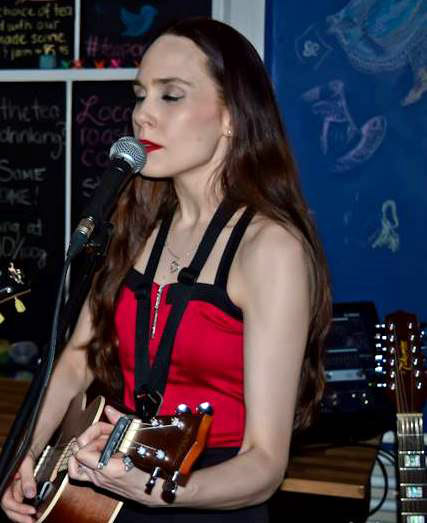 Natalie Jones
Natalie JonesA Senior Program Evaluation Officer with the Social Sciences and Humanities Research Council (SSHRC), Dr. Natalie Jones says her colleagues and fellow researchers are the highlight of her job.
Natalie Jones
Dr. Natalie Jennifer Jones wears many hats. Singer-songwriter, perpetual learner, yoga enthusiast, cat person. Today though, we’re going to talk about just one of those hats. The one she wears as a Senior Program Evaluation Officer with the Social Sciences and Humanities Research Council (SSHRC).
What this means is that she is part of a team that examines the effectiveness and the efficiency of federal granting programs. They determine whether these funding programs are achieving the goals they were designed to achieve. They go into the field to interview the recipients of those grants, they do data analysis, and a vast range of other things on any given day.
(A note for those who are looking to obtain SSHRC grants – Natalie has nothing to do with that process. So buttering her up will not help you achieve this goal. That said, if you want to ingratiate yourself to Natalie for any other reason, volunteer at a cat rescue.)
Natalie completed her PhD in Forensic Psychology at Carleton, and SSHRC was not on her radar as a career option. And while she acknowledges that the job she’s currently doing is outside her area of study from a content perspective, she says,
“All of the research skills, and core analytical skills, that I developed in grad school are highly transferable to my current work environment. Everything from research design to quantitative methods, those are skills that I use every day. So there’s actually a lot of overlap – it’s really interesting, and I love working there.”
Many of us can attest that our co-workers make all the difference in whether we like our job or dread going to work. And so it is with Natalie, whose favourite thing about SSHRC is her colleagues. Half of them work with Natural Science and Engineering Research Canada (NSERC), as theirs is a joint evaluation division with SSHRC. Many have psychology backgrounds just like she does, and many have a background in a wide variety of other scientific fields. They all work together toward a common goal.
“It’s really important to have a group of colleagues that you get along with and that you respect. They’re all very good at what they do – a lot of attention to detail and they care about quality. We’re very like-minded in that way. I’m proud to call them my friends. We help each other out professionally, but I know they always have my back in my personal life as well.”
That personal life is as busy for Natalie as her professional life. Her hobbies include: enrolling in a 16-month graduate diploma program in Public Policy and Program Evaluation, which she completed this past December. She suspects that she will still be enrolling in classes and continuing to learn well into her 80s. She’s involved with cat rescue charities, and planning to get back on stage at her local cafés as a singer-songwriter. It’s a safe bet that when she does, the first three or four tables will be packed with scientists and researchers from SSHRC and NSERC. Natalie’s co-workers and friends, both in the lab and out.
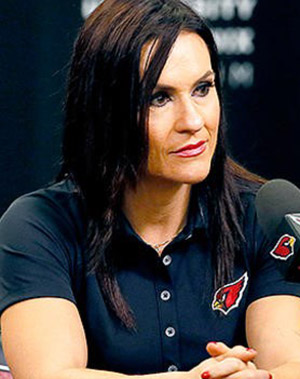 Jen Welter
Jen WelterDr. Jen Welter is many things – the first woman to coach in the NFL, and the first to play running back in professional football. An author, speaker, TV producer and fashion designer. And also a PhD psychologist.
Jen Welter
For much of Psychology Month, we have been putting the spotlight on one job at a time, showcasing the variety of careers populated by people who have advanced degrees in psychology. But what if you didn’t have to pick just one thing? What if you could use your psychology PhD to do everything? Dr. Jen Welter is doing as many things with her psychology PhD (from Capella University) as she possibly can.
She runs girls-only football camps, as well as football-and-tech camps called KickGlass with her partner Mike Brown (former NFL player turned tech entrepreneur). She’s just coming back from being the keynote speaker at VISA’s pitch competition for female founders doing great things in technology and commerce during New York Fashion Week. She’s working on a project with Ryerson University’s Experiential Sports Lab to reach for gender equality in sports media. She’s the executive producer of a TV show called Fangirl, set to debut soon about two superfans who get a chance to run their favourite college football team. She’s even talking about collaborating on a project with high-fashion designer Vivienne Hu, something more street-savvy than high-end.
Before getting to this point, Jen did a whole lot more. Things no one else had ever done, and that most would never consider doing. She was the first female professional football player in a contact position (running back for the Texas Revolution of the Champions Indoor Football League). The first female head football coach in international competition (Team Australia for the 2017 World Championships). And the first female coach in the NFL (2015 with the Arizona Cardinals). She also played on Team USA twice at the world championships, winning gold medals in both 2010 and 2013 (both times defeating Canada).
She tells us that her psychology training and background has come into play throughout all of this. As a football player and coach, she says
“Even as I was learning things in school I would try them out in my own games. Something as simple as sitting on the bench and looking up at people. Your body posture says a lot, and you would never find me with my head down. That was something I learned in psychology – the way we interpret the behaviour of other people, and realizing that the impact you have on your competition is just as relevant between the plays as it is during the plays you make. I still work with athletes on a lot of that to this day, in both big and small ways.”
Jen, in addition to producing TV, breaking barriers for women in sport, collaborating on fashion projects and encouraging young girls to break through preconceptions, is currently working on a follow-up to her book Play Big: Lessons in Being Limitless from the First Woman to Coach in the NFL. The follow-up will focus a lot more on the lowlights of her career than the highlights. She says it’s the kind of thing that doesn’t get spoken about very often, since we all tend to talk about the highs without truly examining disappointments and struggles. For example,
“My first book got turned down by everyone because they said ‘women in football doesn’t sell’. I mean…I’m pretty sure I was the first – how many times have you tried? I’ve done it on the field, and now I have to do it in literature?”
Then, she sums up her entire post-psychology-PhD career in one sentence.
“It’s constantly answering questions that other people have not even known should be, or could be, asked.”
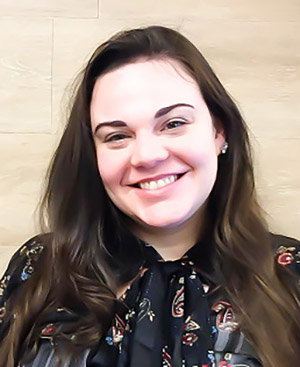 Eva Best
Eva BestLast year, Eva Best earned a CPA award for her thesis on the ‘positivity effect’. This year, she scored a terrific research job at Gameloft, one of the biggest mobile gaming companies in Canada.
Eva Best
When Eva Best stays up way too late, it’s because she’s gone down a rabbit hole on Wikipedia, researching marine animals and getting more and more engrossed in the nesting habits of the leatherback sea turtle. That, or she’s strumming the ukulele, shredding on her Fender Stratocaster, and making music until the wee hours.
Many of the rest of us stay up way too late playing Overdrive City or Disney Magic Kingdoms on our iPad. And we are the people who are of particular interest to companies like Gameloft. Eva is the manager of the qualitative research department in user experience at Gameloft Montreal, one of the biggest mobile gaming companies in Canada. Psychology graduates, and researchers like Eva, are becoming more and more a part of gaming companies as their particular sets of skills are ideally suited to the job. They allow gaming companies, and really any company that has a service or an interface used by human beings, to make decisions based on reports and data that is accurate, correct, complete, and relevant.
Qualitative research in a gaming company is currently more geared toward usability and functionality. Whether an app works, how easy it is to navigate, and so on. Moreso than in the past, the approach to user experience is a ‘holistic’ one, and people with backgrounds in research – especially those whose research experience is in a multidisciplinary environment – are increasingly in demand.
Eva graduated with her Master of Science in psychology from the University of Montreal, then obtained a PMP (Project Management Professional) certification from the Project Management Institute, precisely so she could get a job like this one.
Last year, Eva’s Master’s thesis on the “positivity effect” earned her a Certificate of Academic Excellence from the CPA. The positivity effect is a phenomenon where elderly adults tend to rate negative stimuli as less negative and positive stimuli as more positive than do younger people. Eva’s research provided a ‘proof of concept’ that this trend appears to be almost a straight line from birth, as children rate their responses to stimuli more negatively than do young adults, who in turn report more negative feelings than older adults, and so on.
Her project proposed a new theory on “lifespan emotional development”. One that put the positivity effect at the peak of development by showing that it can be produced in younger people as well. When they are desensitized by exposure to a negative stimulus, even younger people are likely to rate all other stimuli in a more positive way. Even the most neutral (boring) stimulus can feel more positive under these circumstances.
Gaming makes life less boring while in the waiting room or on the bus, for example. Figuring out how to improve your gaming experience is the goal of the qualitative research department. Who better to help create and ensure a positive experience than Eva? If she can make you as interested and invested in a mobile game as she is in gaming, sea turtles and the ukulele, then mission accomplished!
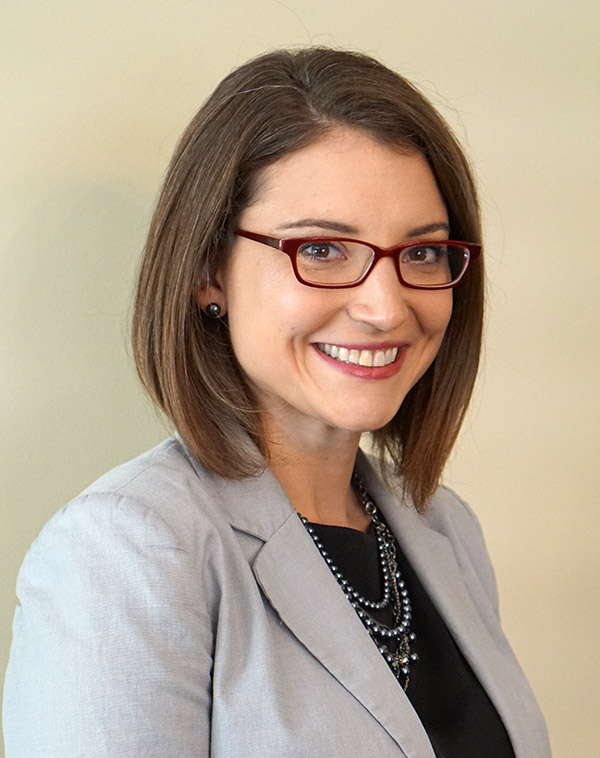 Lauren Florko
Lauren FlorkoDr. Lauren Florko is the founder of Triple Threat Consulting, providing managerial consulting for corporate social responsibility, change management, and organizational development.
Dr. Lauren Florko
“Consultant” is such a nondescript term, isn’t it? Virtually everyone can style themselves a “consultant” when writing a CV or a LinkedIn profile. Which is why it’s good that Lauren Florko can get a little more specific than simply saying she’s “self-employed” as a “consultant”.
Lauren created Triple Threat Consulting, a firm which provides managerial consulting for a variety of projects - from corporate social responsibility to change management to organizational development. With a Ph.D. in Industrial/Organizational Psychology specializing in workplace stress, Lauren’s statistics training gave her a competitive advantage over similar consultants who come from a HR background.
Triple Threat Consulting plays on the film industry’s play on ‘triple threats’ as she specializes in Talent Management. The “Triple” also plays on the concept of triple bottom lines (planet and people outcomes on top of profits).
Triple Threat Consulting also fills a unique market need with psychological assessments, thanks to Lauren’s training. This means empirically-based strategies with practical implementations. Statistical analysis and reporting to produce key business insights. And the ability to engage a variety of audiences through keynotes and workshops.
The founder of a Multi-disciplined Research Lab, one of Triple Threat’s clients, says:
“She's doing advanced research methodologies...doing hierarchical linear modeling and item response analysis...She is highly motivated, particularly with high end analysis – she gets excited about that. She is very punctual with delivery."
What Lauren likes most about her job, she says, is the work-life balance it affords her. Well that, and of course the excitement she derives from high-end analysis to drive better business decisions.
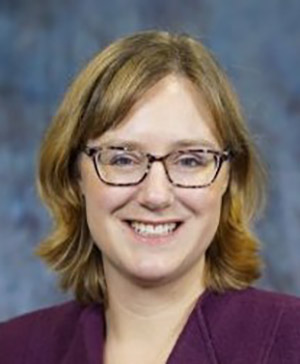 Heather Orpana
Heather OrpanaHeather has a long career in public service, working in three different federal departments. She recently moved into Substance-Related Harms, to help tackle the opioid crisis.
Heather Orpana
This is an excerpt from a larger article written by Dr. Heather Orpana in this month’s issue of Psynopsis. Click this link to read the whole article.
My path to a career in psychology was in no way a straight one. I started an undergraduate degree in science with a specialization in physics before completing two years of a baccalaureate in nursing and then finally switching to, and graduating with, an honours degree in psychology. After spending a summer as an intern at a non-profit organization writing plain language summaries of research studies that would impact patients, I decided to pursue a career in research and applied for my doctorate. I wanted to be part of the system that creates the evidence used to promote the health of the population.
I completed my doctorate in experimental psychology at the University of Ottawa, at the same time that the university was establishing a multidisciplinary program in Population Health. I was very fortunate to be funded by Health Canada’s National Health Research and Development Program, and the Canadian Institutes of Health Research during my doctorate and was hired by Health Canada to conduct policy-relevant data analysis before I had finished my program.
It has been sixteen years since I started my career in public service. During that time, I have worked in three federal departments: Health Canada, Statistics Canada, and the Public Health Agency of Canada. Every single position I have held has benefited tremendously from my training in psychological science. My first analysis project demonstrated the relationship between mental health and healthy living behaviours, in 2003, using Canada’s first national mental health survey. After working for several years at Health Canada, conducting analysis, and contributing to data policy and coordination, I moved to Statistics Canada to focus on research and analysis. There, I engaged in research in the areas of healthy weights, healthy aging, and mental health, all informed by my education in psychology.
Most recently, I have been appointed as a Senior Research Scientist and am working in the Substance-related Harms Division, supporting surveillance and applied research contributions to addressing the opioid overdose crisis. In this role, I advise on research methods and conduct research studies to inform our understanding of how the crisis is evolving.
Public health cannot address the complex problems we are faced with in the 21st century without the knowledge and skills of psychological science researchers. I have yet to find a single public health issue that is not informed by our discipline. Even public health issues that may seem like they belong more in a wet lab, such as anti-microbial resistance, can be addressed only with the incorporation of a behavioural perspective. I hope that other psychological science researchers see their value in contributing to improving the health of all Canadians.
 Gregory Craig
Gregory CraigDr. Gregory Craig is part of a team of “human factors researchers” at the National Research Council. His work might one day lead to a new frontier in aviation – pilotless airplanes.
Gregory Craig
One day, you might take a flight from Saskatoon to Dublin. There will be in-flight movies, tiny difficult-to-open bags of peanuts, flight attendants distributing cheap headphones and tiny pillows, and free tiny cans of wine once you’re over international waters. There will, however, be one major difference. On this flight, there will be no pilot.
At least, such a thing is possible. But not until a whole lot more studying is done on the subject. Some of those studies are currently being conducted by Dr. Gregory Craig and a team of human factors researchers at the National Research Council of Canada.
Gregory has been involved in a wide variety of research projects. He’s done research on night vision goggles, displays for infrared cameras for search and rescue, and the design of symbolic information displays for pilots. Currently, he’s involved in examining ‘trust in automation’ to assess pilots’ trust in automatic flight systems. This ranges from basic elements like an off-the-shelf autopilot to looking at fully autonomous (no pilots) flight.
Gregory spent his formative years at Carleton University, earning a PhD in Cognitive Psychology in 1997. While his current role is mostly unrelated to his studies, he credits the people he met along the way for getting him to where he is today.
“There is a wide gulf between what I studied in university and the type of research that I do now. The main elements of my university studies that helped were basic experimental design, document editing and data analysis. Much of my training in applied research came from one of my supervisors who was employed at the Communications Research Centre and an adjunct at Carleton. He encouraged me to participate in several of the applied research projects that he worked on for CRC. The other source of applied research thinking came from a course for which I was a teaching assistant at Carleton. The course was a basic introduction to sensation and perception, but the prof teaching the course had a large number of industrial design students in the class. For those students, the prof took the time to explain how basic elements of sensation and perception could be applied to the design of systems and products intended for use by the general population.”
One might expect a psychologist to lead project teams, analyze data, submit research proposals, prepare reports and presentations, and manage projects. But maybe not to design and conduct flight tests, evaluate advanced cockpit technologies, and explore human factors issues for pilots, crew and passengers.
So think about Gregory Craig the next time you’re on a plane – it might be his work that enhanced the technology in the cockpit, or designed the display used to navigate. And while you’re doing that, you might want to check to see if, up front in the cockpit, there’s still a pilot.
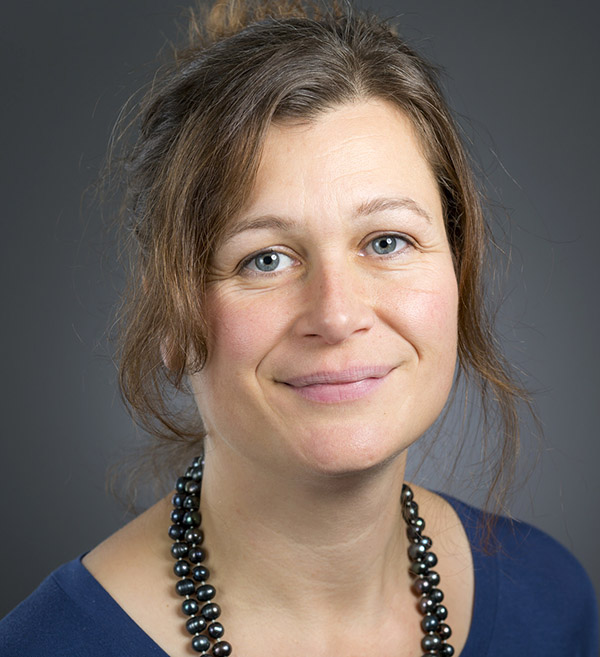 Alexandra Thompson
Alexandra ThompsonDr. Alexandra Thompson is a Program Leader with the NRC working on ‘High Performance Buildings’. Her team aims to reduce energy emissions by identifying industry, scientific, technological & societal issues that can stall the adoption of new technologies.
Alexandra Thompson
Alexandra Thompson is helping to devise a vision for future scientific exploration, as a Program Leader with the National Research Council of Canada. She manages a large team and a portfolio of science and engineering projects focused on a strategic goal. Specifically, that goal is focused on the ‘High Performance Buildings’ program.
This program, established in 2013, aims to reduce energy emissions in buildings by identifying the industry, scientific, technological and societal issues that could stall the adoption of new technologies. Alexandra is working at knowledge mobilization (the translation of science to action) to ensure the science is used for environmental change. She also has the chance to encourage younger researchers to develop their careers, scientific interests and to have confidence in their abilities.
In 2007, Alexandra obtained her PhD in environmental psychology and human factors from the University of Southampton in the UK. She says her training has aided greatly with, among other things, knowledge mobilization.
“My psychology training has enabled me to ensure good scientific methodologies and statistical analysis are used and the ethics of a project are considered. Also, working in an engineering multi-disciplinary environment understanding the human and societal implications of an engineering project has helped with the applicability of projects to real world conditions or expectations.”
As climate change becomes more and more devastating, and as environmental concerns become the number one national priority, programs like ‘High Performance Buildings’ will be at the forefront of the effort to curb emissions. Knowledge mobilization to that effect is becoming more critical than ever. We’re glad that Alexandra Thompson, and others like her, are working on those exact things. Bringing about the change that is needed to tackle the most serious issue of our time.
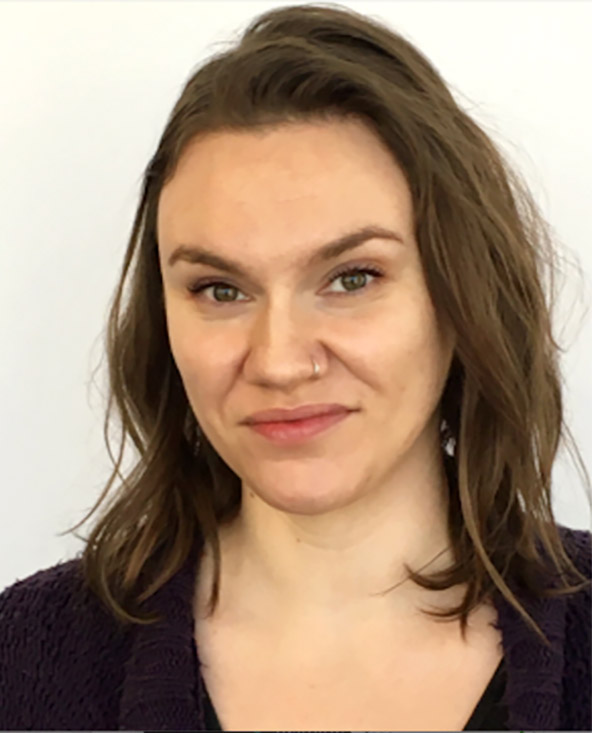 Robin Langerak
Robin LangerakWorking as a Design Researcher on a suite of business intelligence software tools at IBM’s Ottawa studio, Robin Langerak says “I get to do a little bit of everything I loved about running my own research studies as a psychology graduate student!”
Robin Langerak
It’s convenient when you can find a career in the city where you are completing your PhD. Such was the case for Robin Langerak, who began working at IBM in their Ottawa Studio while completing her doctorate in Cognitive Psychology at Carleton University. She has now been there more than a year, working as a Design Researcher on a suite of business intelligence software tools designed and developed by the Ottawa product team.
Robin provides design recommendations that will help improve the user experience for this software. That involves everything from problem definition to study design and data collection to synthesis and communication of research findings. Psychology has prepared her for all of this in a big way. She says,
“Data collection, storage, and analysis methods that I learned in training are invaluable at my job. I also rely on the understanding of human thought and motivation that I studied in school as well as the techniques I learned to check my bias and measure constructs as accurately as possible.“
The best thing about her job?
“I get to do a little bit of everything I loved about running my own research studies as a psychology graduate student in a fast-paced, high impact environment.“
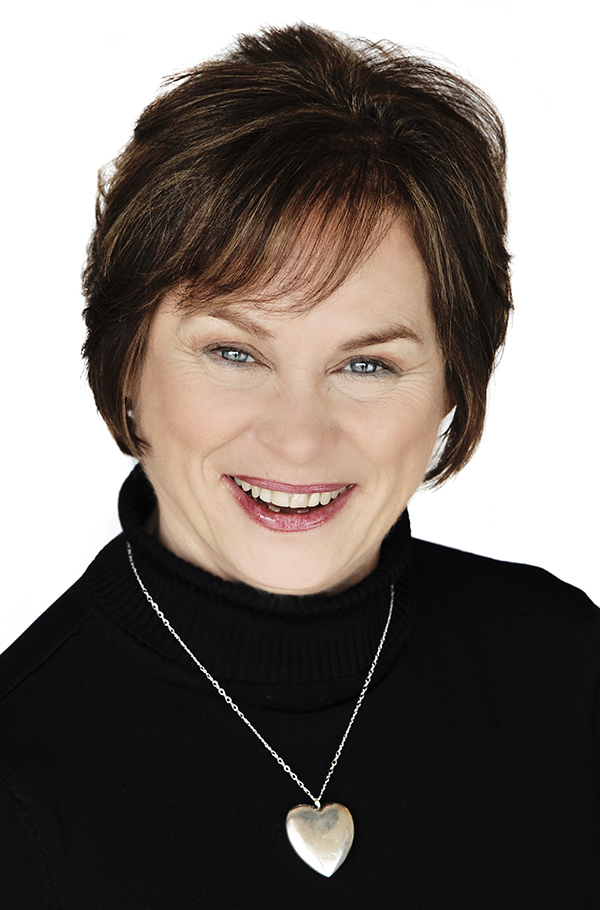 Suzanne Simpson
Suzanne SimpsonDr. Suzanne Simpson founded the talent management firm Human Resource Systems Group Ltd. more than 30 years ago. Now the CEO, HRSG is a global company, hiring people and taking on clients from all over the world
Suzanne Simpson
For much of this month, we have been focusing on jobs and careers available to psychology majors once they graduate from school. Suzanne Simpson not only found one of those careers, she helps others find theirs. Suzanne is the founder and CEO of Human Resource Systems Group Ltd. (HRSG), a software-as-a-service talent management firm.
What that means is that her company creates software for human resources departments to simplify their work. Need to build the perfect job description, so you can attract the perfect employee? HRSG has the software for that. Then they have an interview guide built for you, so you can make the correct decision. Now you have a new employee with a job description that puts them and their management on the exact same page. From there, that employee might use one of HRSG’s career pathing programs, complete with assessments and learning resources to help them in their current job today, and to reach their dream jobs tomorrow.
All of this is built based on Suzanne’s training in psychology. She earned her PhD in Industrial/Organizational Psychology from the University of Ottawa, and says the training she received there supports the main focus of HRSG’s service and software offering to their clients.
HRSG celebrated 30 years in business in 2019 and offers its services and products to organizations worldwide. HRSG employs professionals trained in Industrial / Organizational and other related disciplines from across Canada and around the world.
It is challenging to build a business, and very rewarding when it comes to fruition. Suzanne takes satisfaction in offering a service that is highly valued by her clients, and embraces the continuous learning and innovation that comes with her role as CEO.
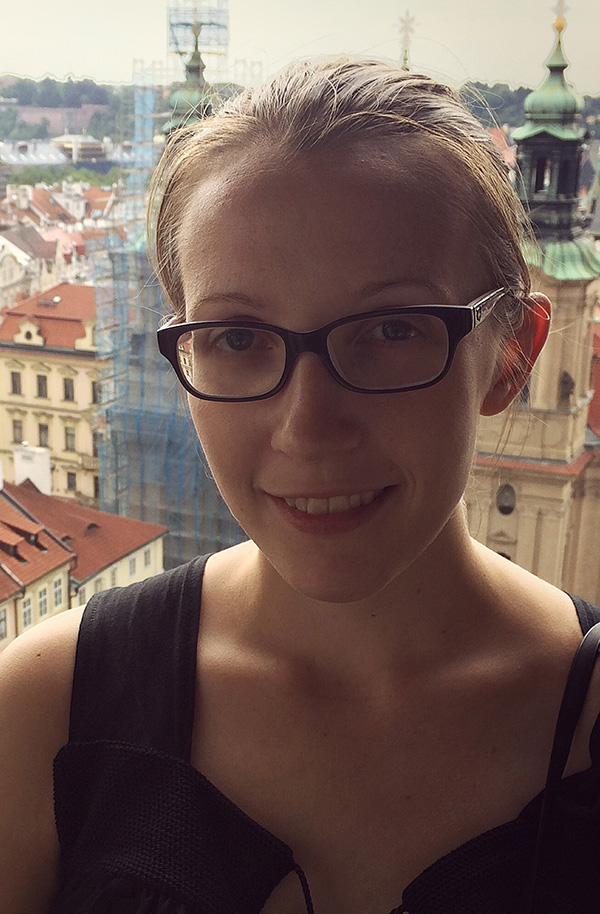 Chrissy Chubala
Chrissy ChubalaDr. Chrissy Chubala helps naval personnel make better decisions during mission planning and execution. She is a Defence Scientist in Maritime Decision Support at Defence Research & Development Canada’s Atlantic Research Centre.
Chrissy Chubala
My name is Chrissy Chubala, and I am a Defence Scientist in Maritime Decision Support at Defence Research & Development Canada’s Atlantic Research Centre. My job is to guide and assist in the development of tools that will help naval personnel make better decisions during mission planning and execution, from the perspective of cognitive psychology. This involves a consideration of human factors, human-computer interactions, team dynamics, and basic cognition.
My training in psychology (PhD, Cognitive Psychology, University of Manitoba 2017) has provided me with both concrete and abstract forms of knowledge that help me in my current role. The concrete skill sets of experimental design and statistical inference are directly applicable to my work, although the constraints and goals of applied research are different enough from those of academia that some relearning and rethinking has had to occur.
Thankfully, the more abstract forms of knowledge provided by my training have positioned me well for this transition. My training in psychology taught me versatility, creativity, and lateral thinking. I have the ability to learn about a new topic very quickly, to creatively apply my existing knowledge and skill sets to new scenarios, and to find connections between seemingly disparate ideas or fields of study. With these abstract skills in hand, I have been able to adapt my more concrete areas of expertise to the requirements of the job.
What I enjoy most about my current position is the level of structure it provides, the direct sense of impact that comes from conducting applied research, and the ability to collaborate and exchange ideas with a very diverse group of scientists.
I receive specific problems to solve but I am free to explore them in any manner I see fit; this provides me with some structure around which to focus my efforts, but enough flexibility to follow my interests. Moreover, the ability to see the direct effects of my research on the lives and work of others is rewarding in a way that my academic career in experimental psychology was not. Finally, I get to work with interesting and brilliant researchers from all areas of study, from physics to chemistry to computer science. Not only do I get to learn new things I would otherwise know nothing about, but my own unique perspective and expertise are a valued part of the whole and I get to teach as much as I learn.
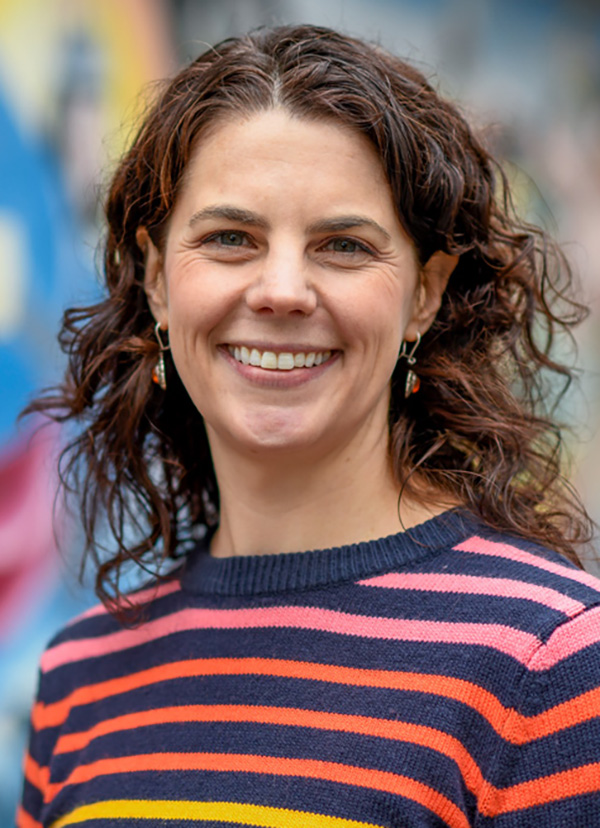 Amy Bucher
Amy BucherAmy Bucher graduated with a PhD from a psychology program that no longer exists, and that made her skill set unique in the post-grad world. She puts those skills to use at Mad*Pow, a design agency that improves peoples’ experiences with technology, services, organizations and each other.
Amy Bucher
“Mad*Pow leverages strategic design and the psychology of motivation to create innovative experiences and compelling digital solutions that are good for people and good for business.”
That is Mad*Pow’s mission statement, ripped right from their webpage. Mad*Pow employs medical doctors and all kinds of behaviour change design experts. But perhaps you would be surprised to learn that Mad*Pow’s behavior change experts come from a variety of training backgrounds. Currently, there is only one person on the team with a PhD in psychology!
That one person is Dr. Amy Bucher, the vice president of behaviour change design at Mad*Pow. Amy brings a unique skill set to her position, and took a rather unique path to get there. She started school at Harvard, doing an undergrad focused on social psychology. From there, she moved on to the University of Michigan at Ann Arbour for her Master’s and PhD in Psychology. Although that is the official title of her degree, it was achieved a little over a decade ago in a program that no longer exists.
It was called Organizational Psychology. It was not an Industrial/Organizational program of the type we see offered now, it was more as Amy describes it a “contextualized social psychology program”. That means that when she graduated she was more of a social psychologist, albeit one with a deep knowledge of workplaces and organizations.
Amy realized as she was nearing the end of her schooling that she did not want to go into academia. That track meant specialization, and she wanted to broaden her horizons rather than narrow her focus. She began to work with other researchers and learned many different research methods before graduation. She learned how to dive into information and deal in the “grey areas”. After all, research is always in progress.
That comfort with the “grey areas” has served her well at Mad*Pow, as often clients will ask Amy for definitive answers on how to tackle a problem. She is adept at explaining that while formative research can provide a direction, it can’t often come up with a concrete and foolproof series of steps to take to achieve an aim. It’s important to experiment with different approaches that are specific to the clients’ customers and their needs to figure out the best solution.
Her desire to broaden her scope is also an asset, as Amy thrives on having a variety of projects and problems to work through. She likes being exposed to new things. She says,
“Right now, I’m leading a project to understand what people with a rare genetic condition might be looking for from an online portal to support their condition management. So we’ve designed moderator guides, recruited people with this condition, and recruited people who serve those with this condition to conduct interviews. We’ll be creating output reports with insights from that research, doing a workshop with the client that we will also design, then translating all the insights from the research into designs for this portal.”
Amy says that before starting this project, she had never heard of this particular genetic condition before (it is very rare). Now she’s had the opportunity to learn quite a bit about it and understand more about the day-to-day lives of the people who live with it.
“I feel excited by this type of new knowledge that I don’t think I’d encounter in any other way.”
She’s also excited at the prospect of some new colleagues. There are many different types of researchers at Mad*Pow (which further helps Amy broaden her horizons as she learns from them), but soon there will likely be a few more psychology grads joining the fold. As Amy says, there are now many great opportunities outside academia for graduating researchers. And working alongside Amy seems like a pretty great opportunity.
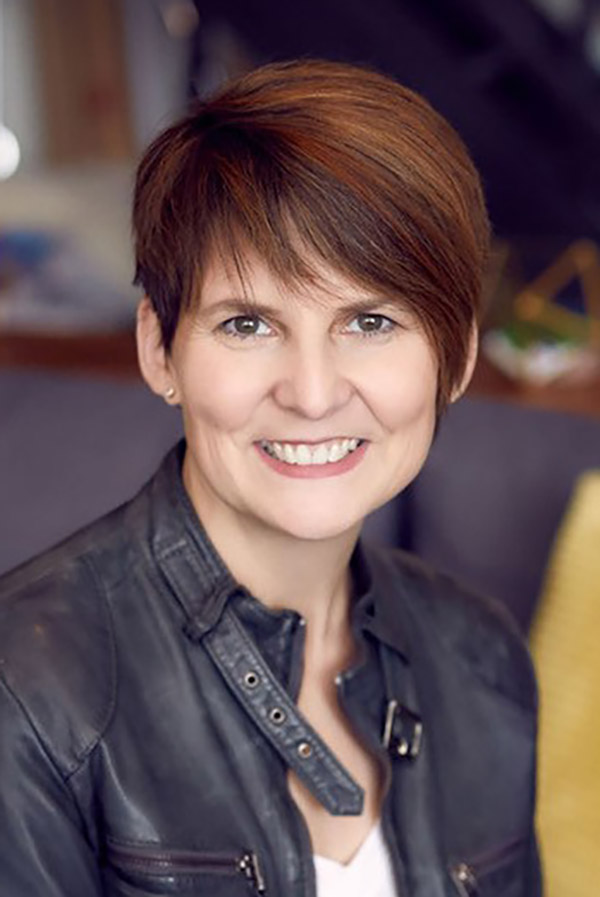 Liane Davey
Liane DaveyA writer, blogger, public speaker, and volunteer board member at the Psychology Foundation of Canada, Liane Davey has made her mark on corporate culture with her consultancy group 3COze.
Liane Davey
“You need to have more conflict.”
This is Dr. Liane Davey’s advice to almost every organization with which she works. These include enormous companies like TD Bank, Amazon, and smaller companies like Shoretel. Chris Burgy, former VP of Strategy at Shoretel, says of Liane and her company 3COze,
“Liane supported us in rolling out a methodology for productive communication and conflict to our top 100 leaders in the company. Without a doubt, I fervently recommend Liane to any company seeking to improve their organization’s accountability, communication methods and for those seeking a fantastic facilitator for strategic level planning.”
3COze is named in conjunction with their mission statement. They seek to transform the way people “communicate, connect, and contribute” in their organizations. Liane is the co-founder and principal of 3COze, and brings her “more conflict” approach to CEOs and senior leadership teams around the country and across the world.
She says the number one thing that’s getting in the way of productivity is that people are avoiding conflict and being passive-aggressive. That means conflict sits unresolved causing a lack of productivity, eroding trust and engagement, and causing stress for individuals.
Liane says the things she learned in obtaining her PhD in Industrial/Organizational Psychology from Waterloo are the same ideas she puts into practice today.
“It’s very much applied social psychology. So, issues of motivation, team dynamics, conflict, culture, all the sorts of things that are the bread and butter of organizational psychology have been my whole career.”
And what a career it has been! Not only does Liane work with some of the biggest CEOs and companies around the world, she is also an author (her book The Good Fight: Use Productive Conflict to Get Your Team and Organization Back on Track is available at online book sellers everywhere), a blogger (at www.lianedavey.com) and a public speaker, bringing her message of productive conflict to corporate crowds everywhere.
She is also a volunteer member of the board of trustees at the Psychology Foundation of Canada (PFC), a charity that brands itself a “child-based (birth-18) mental health promotion organization” thanks in part to Liane’s strategic skills in directing the board and the group. And also her ability to create productive conflict, and not to shy away from uncomfortable conversations.

She first encountered the PFC at a fundraising breakfast twelve years ago, and was impressed by what they were able to do with so few resources. With just a handful of staff members and an army of volunteer facilitators, they were able to create resilience, attachment, and stress management skills in what are now hundreds of thousands of Canadian children every year.
When not writing, blogging, speaking, volunteering, or whipping a group of executives into shape, what does someone like Liane do? Well, she says it’s often important to do things at which you are terrible. With that in mind she just had a Bob Ross paint night with her kids, and the painting now rests proudly in her house. A Bob Ross paint night sounds like just the kind of soothing, mellow thing that might be as far from “conflict” as possible. And even the expert on the subject likely needs a break from conflict now and then, if only for a little while.
